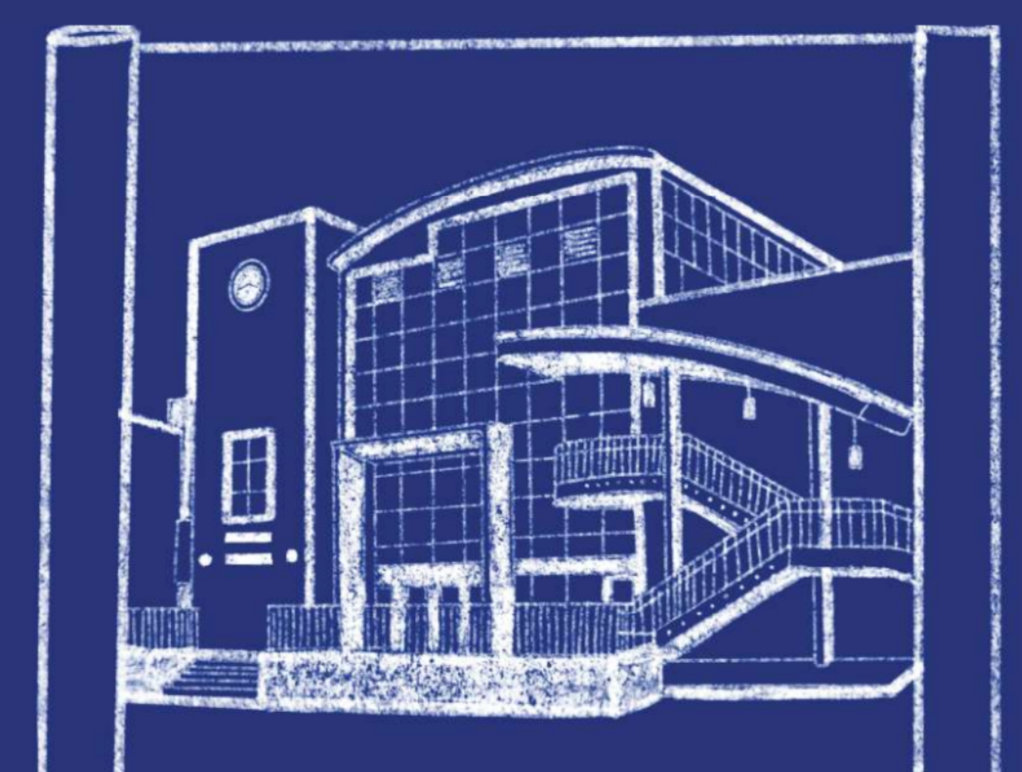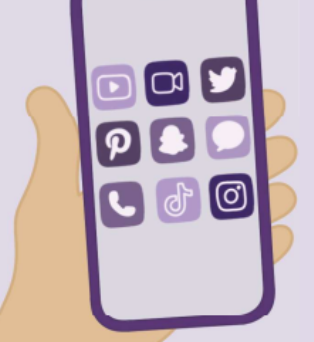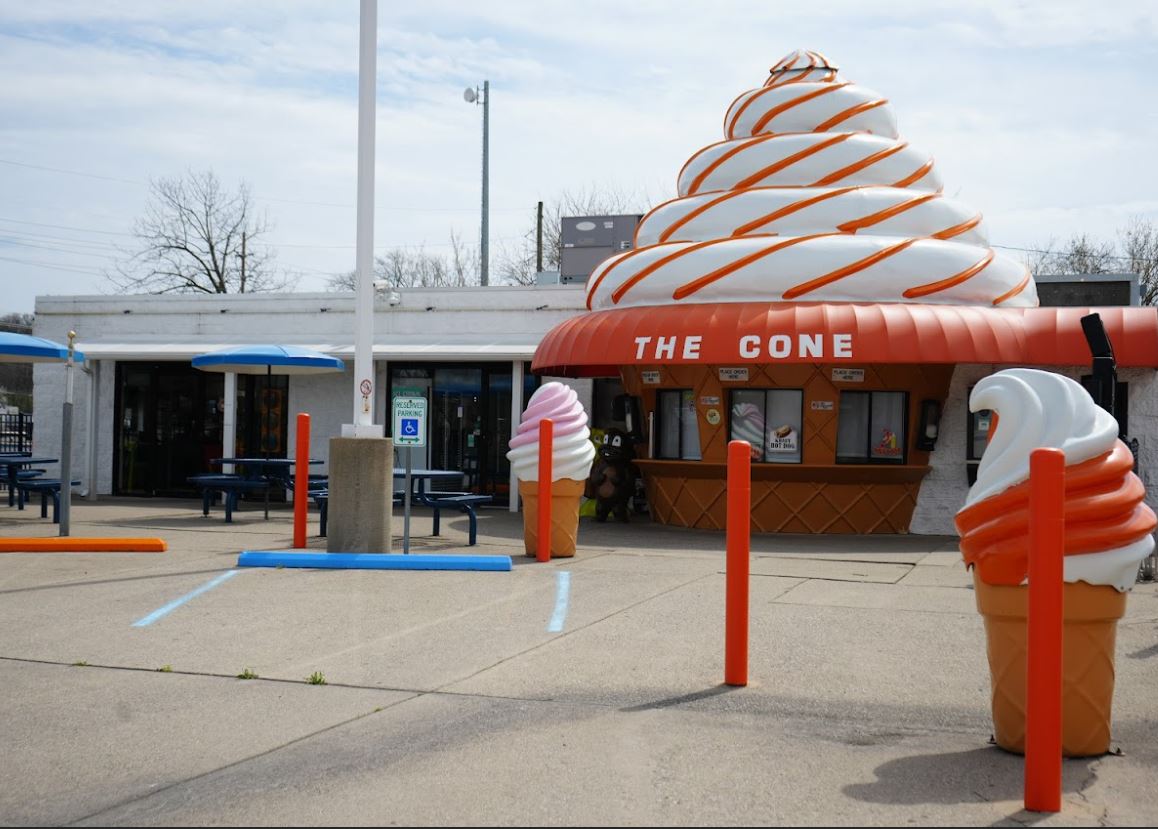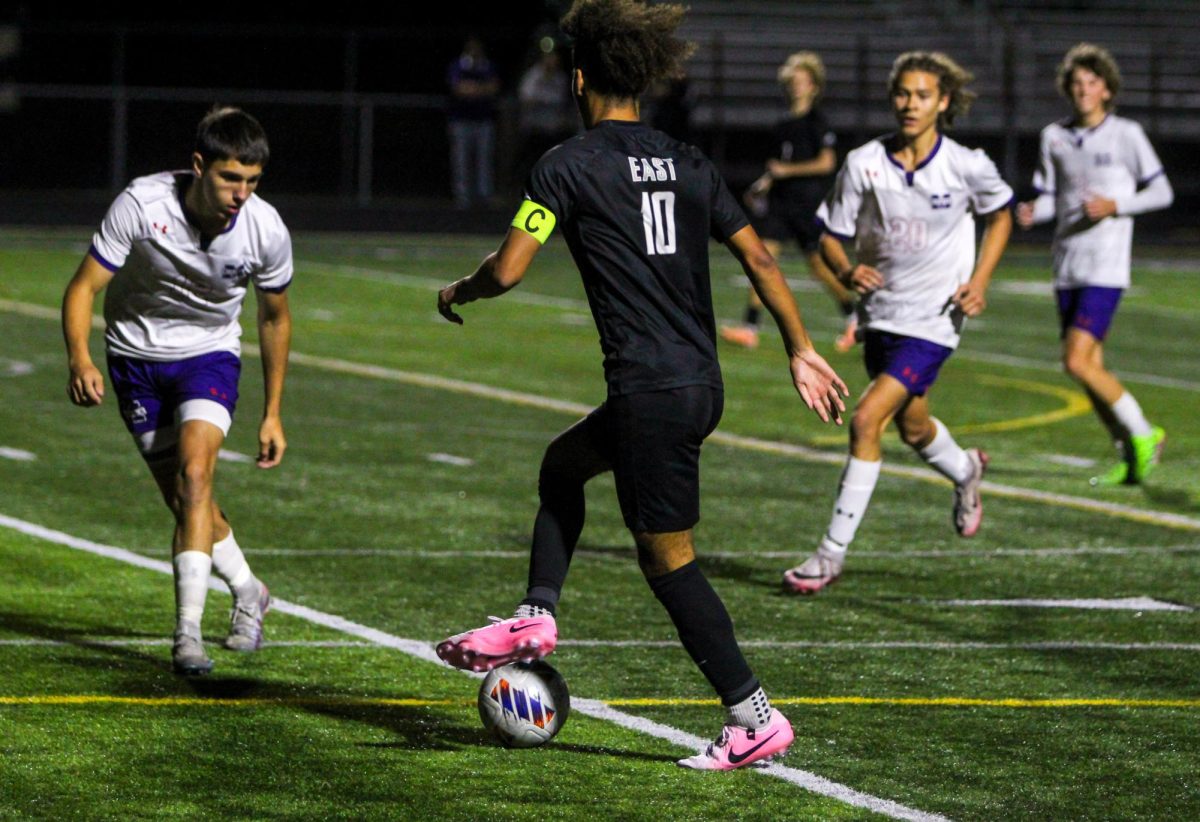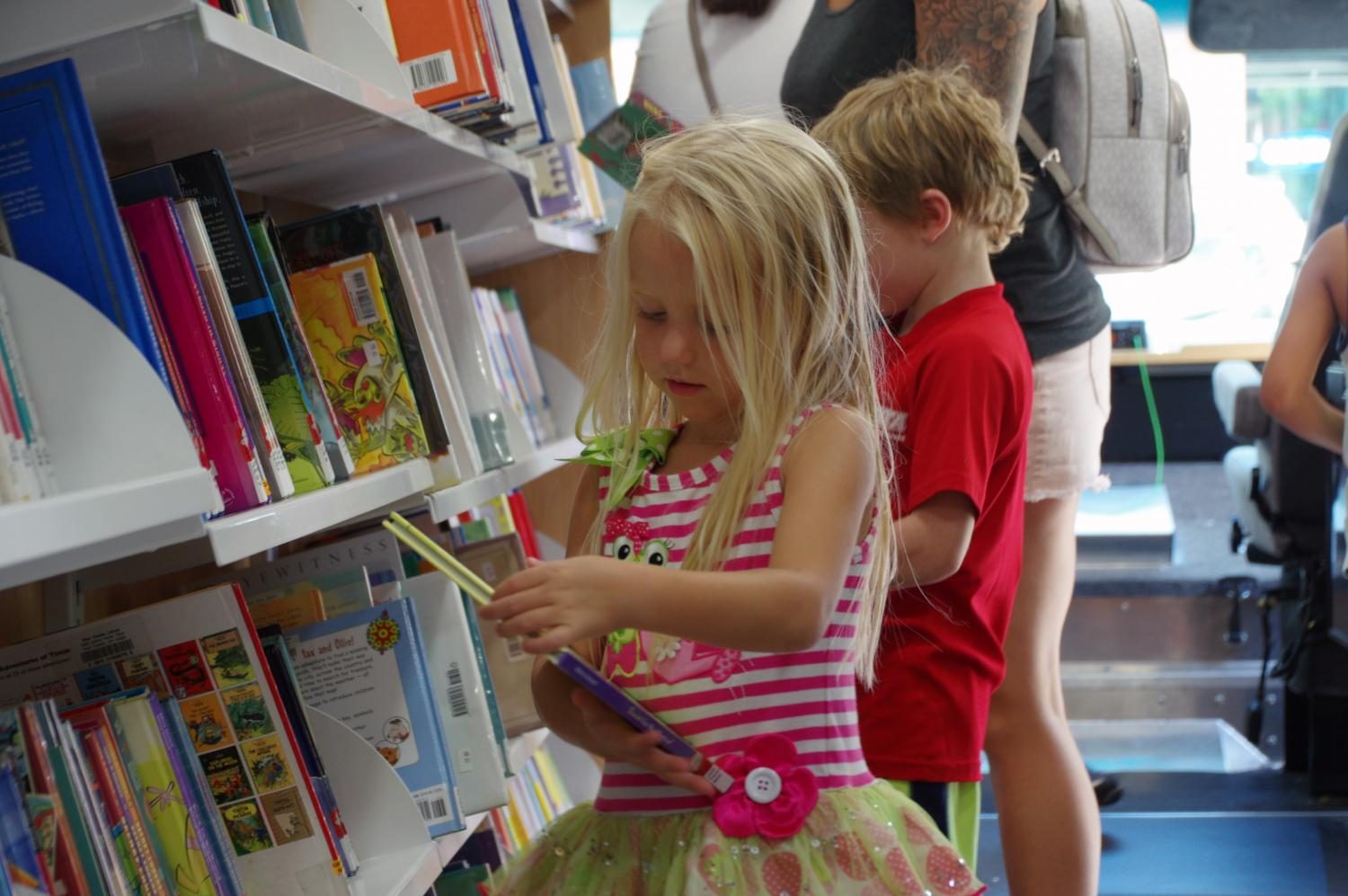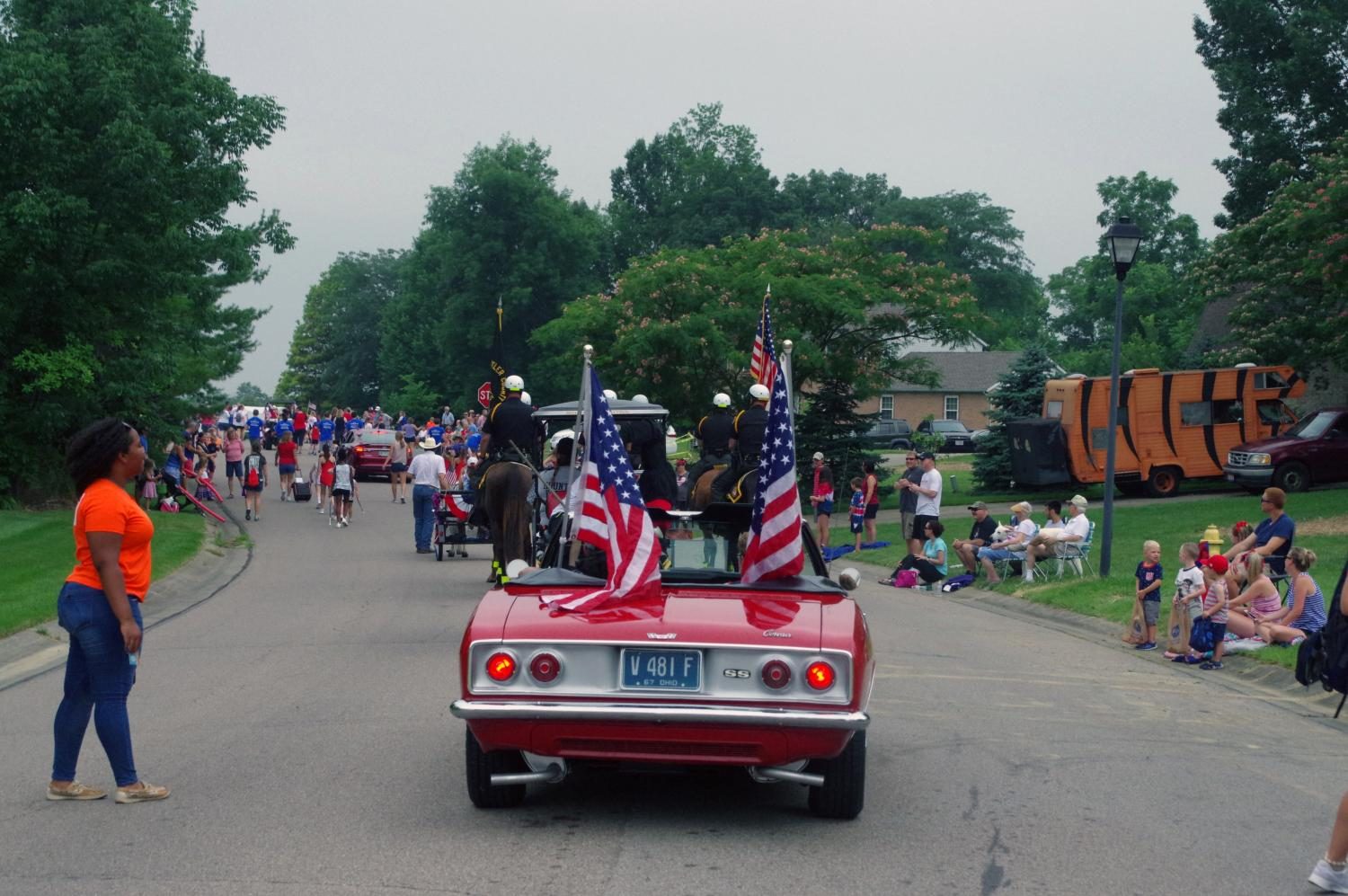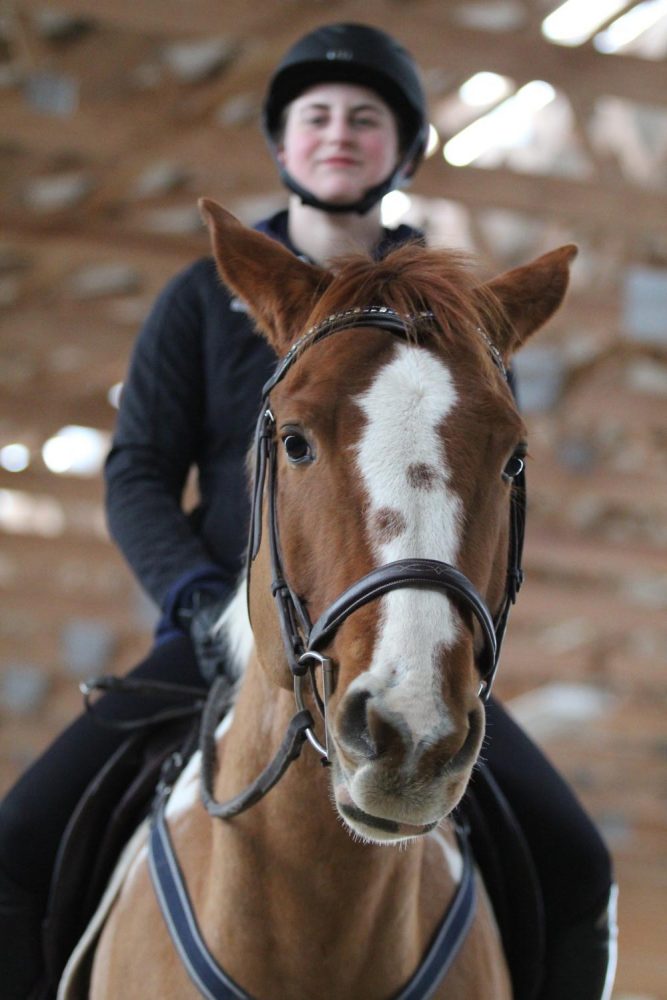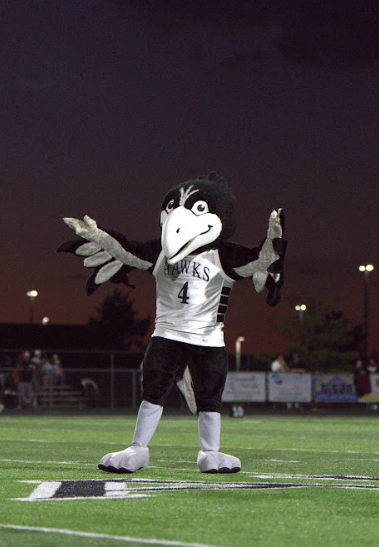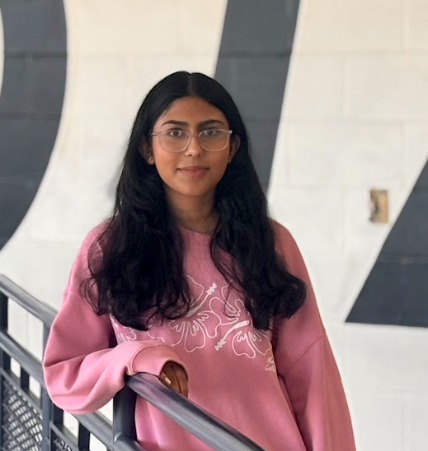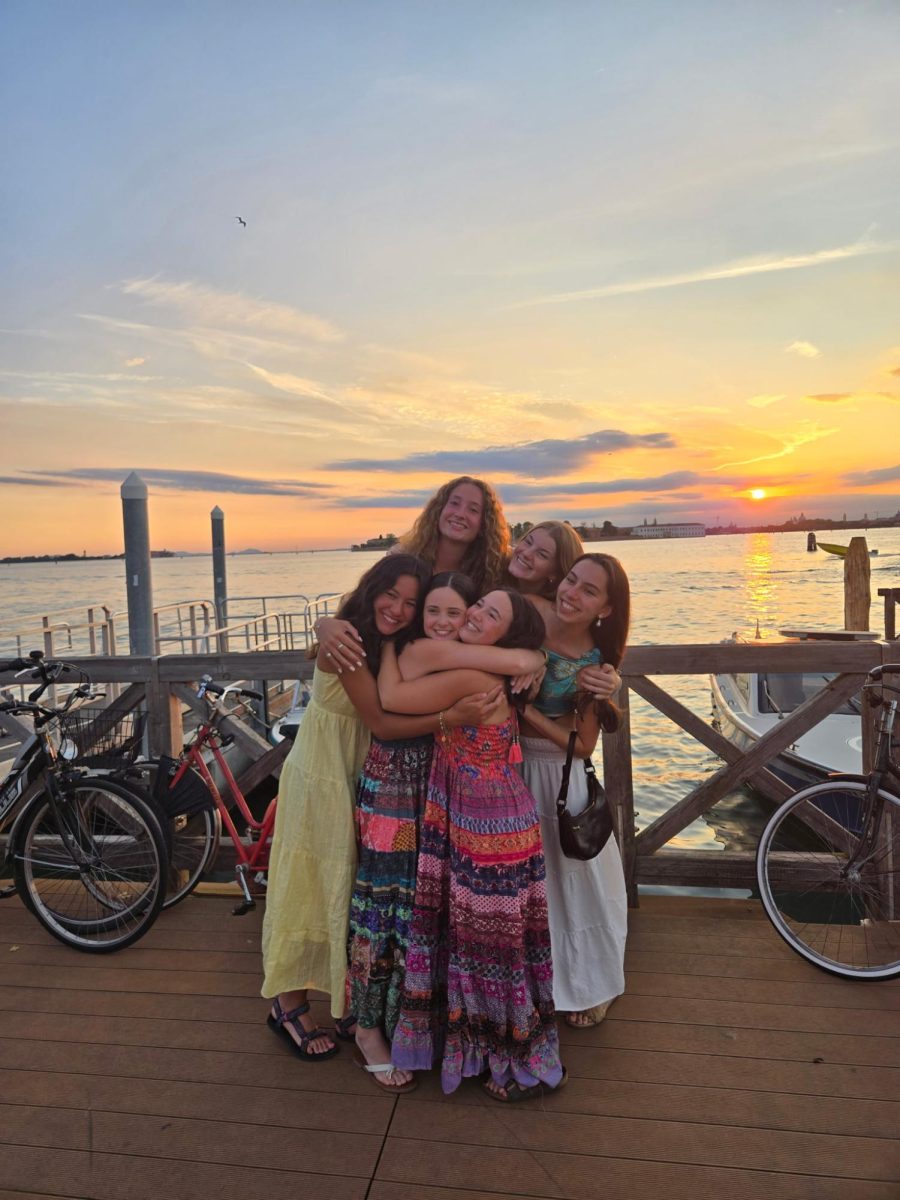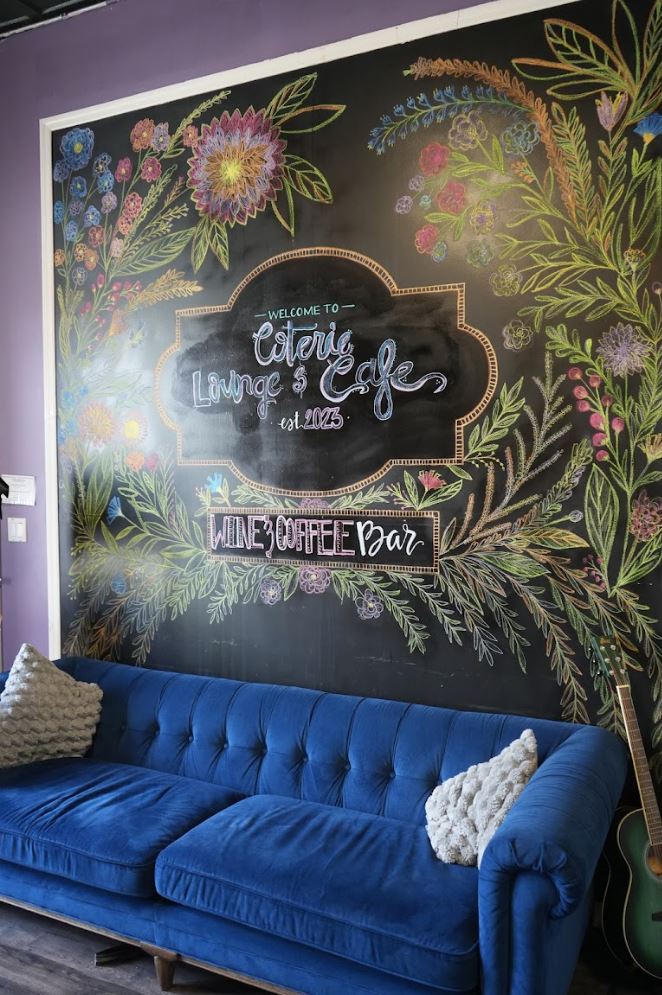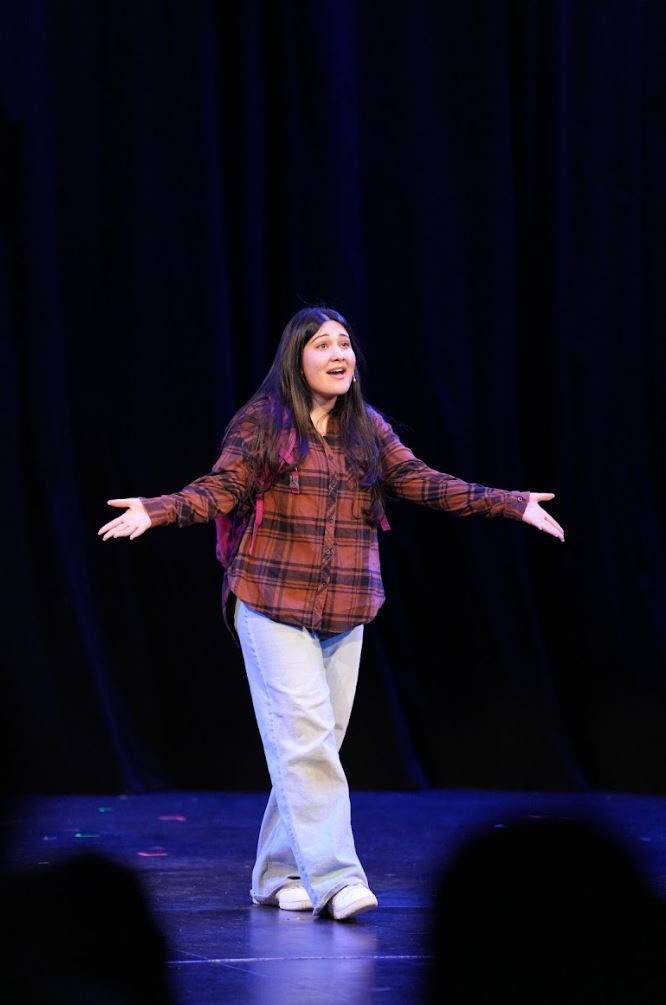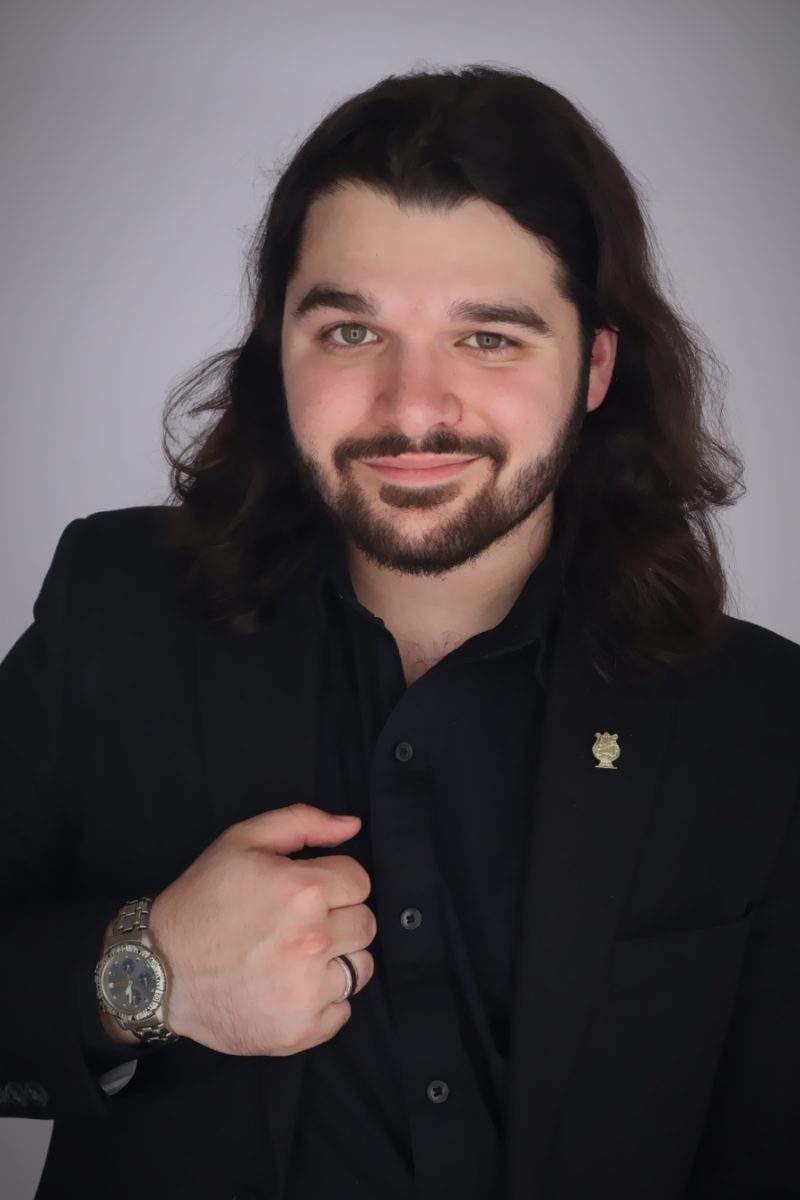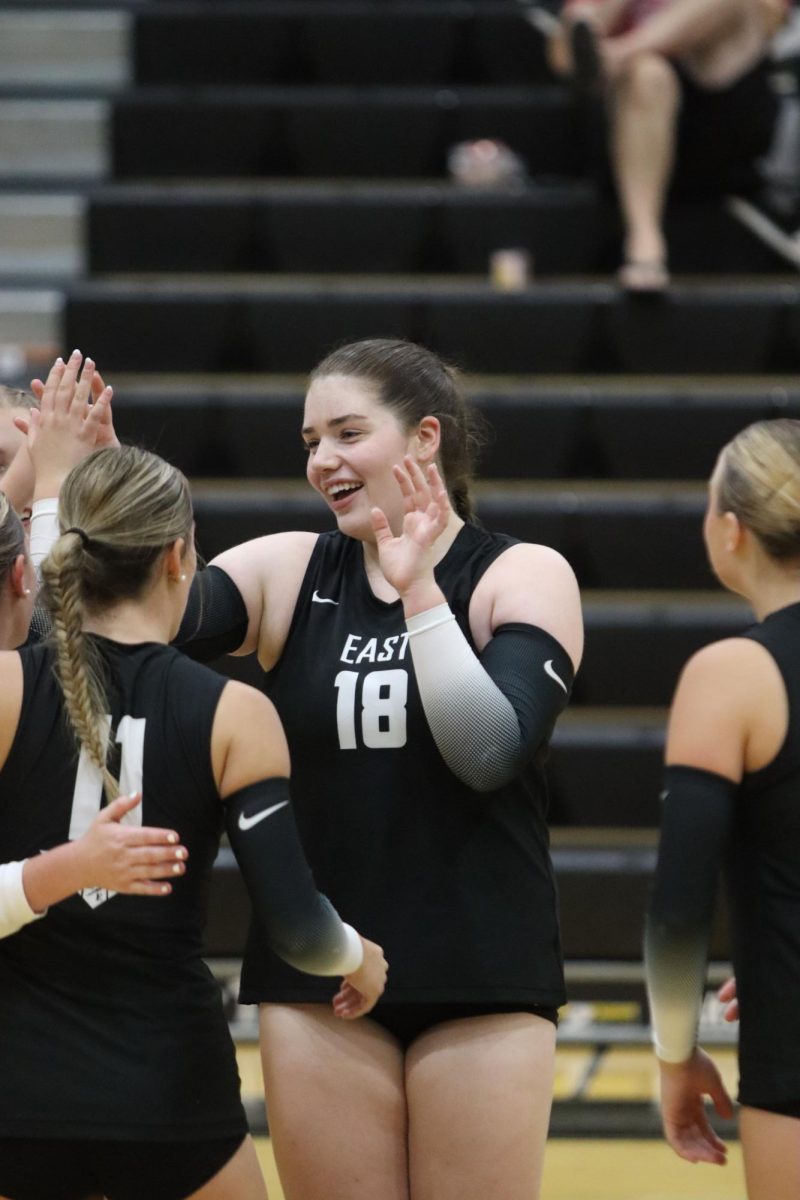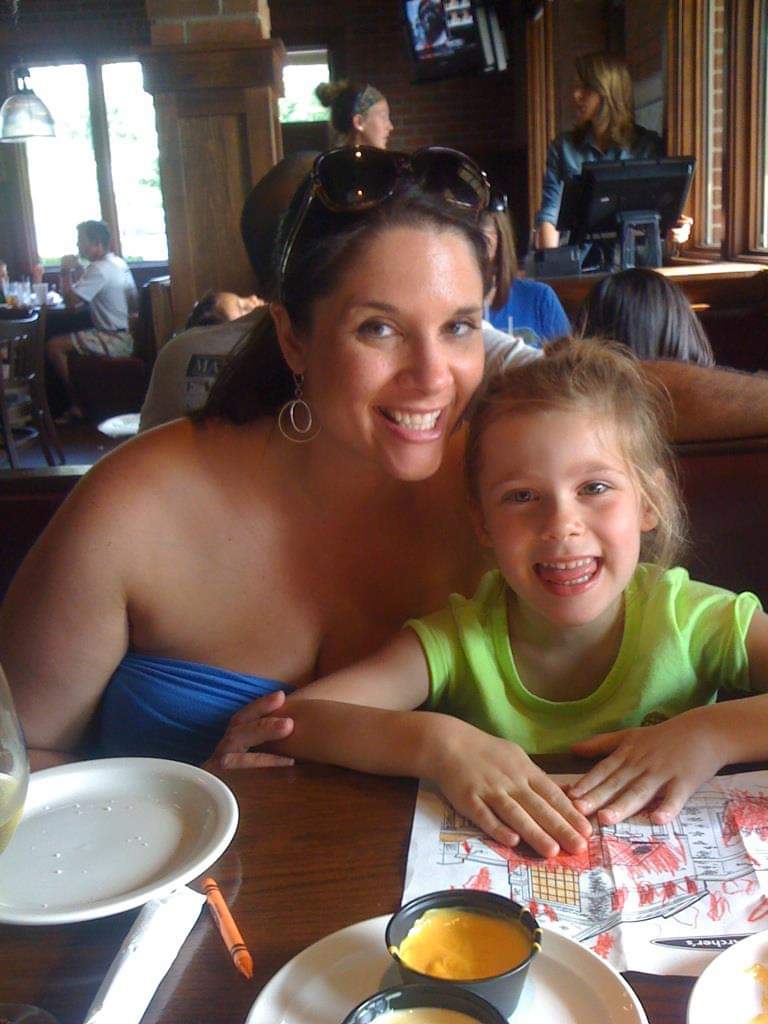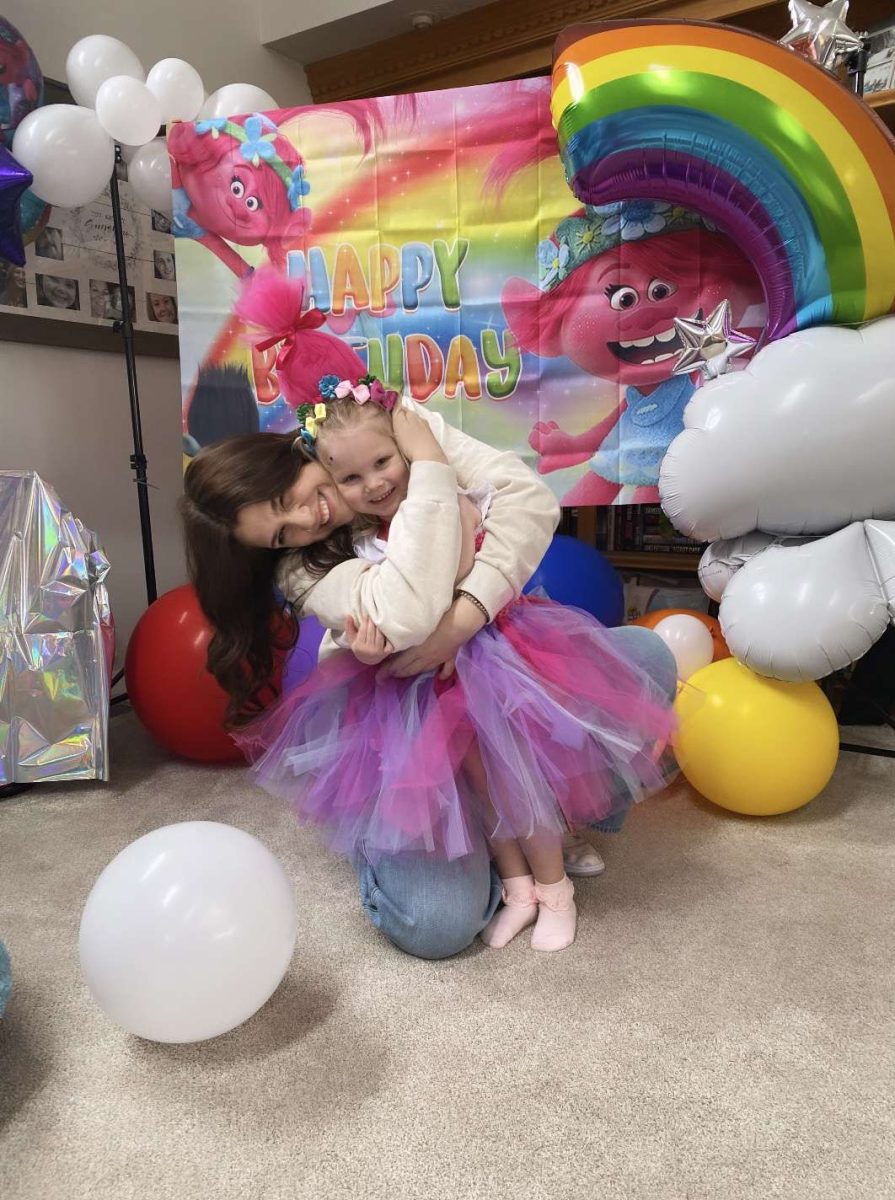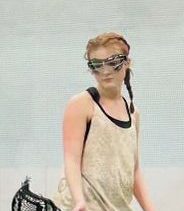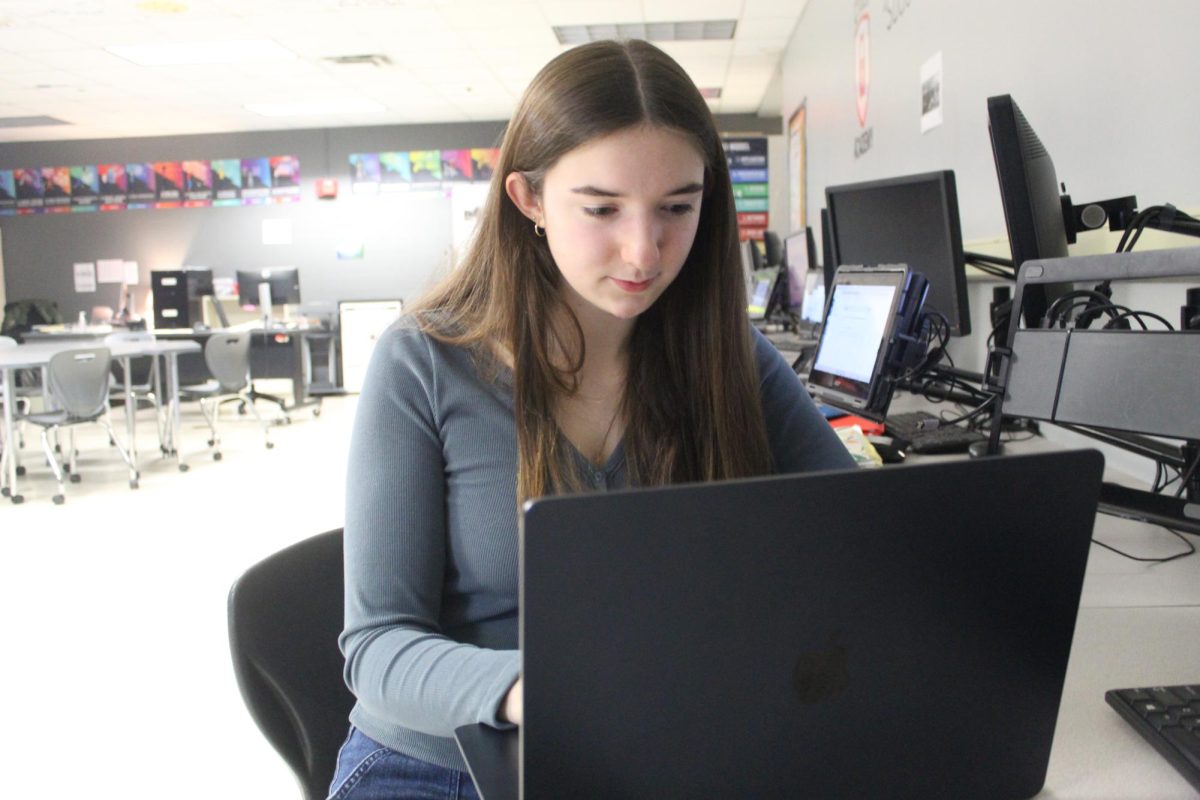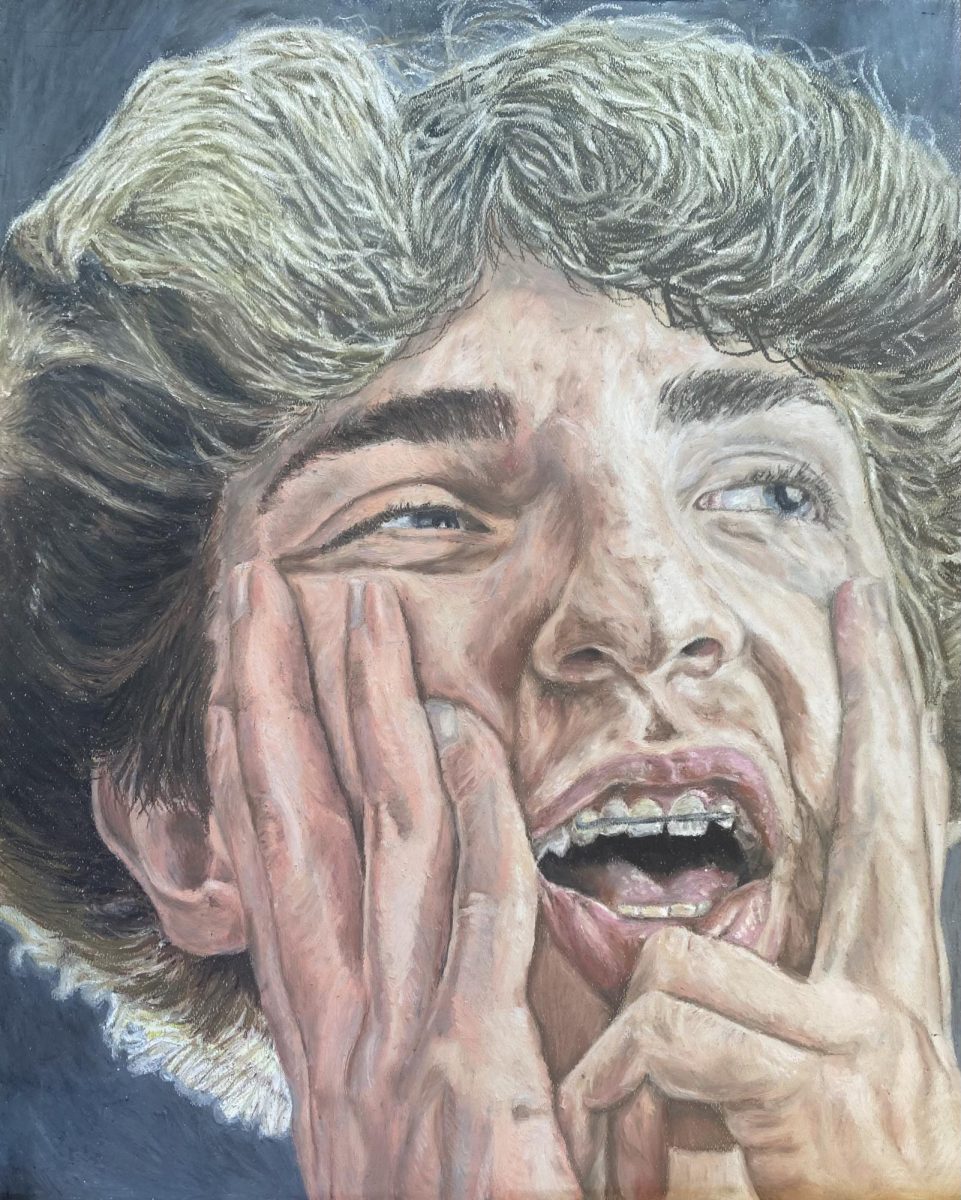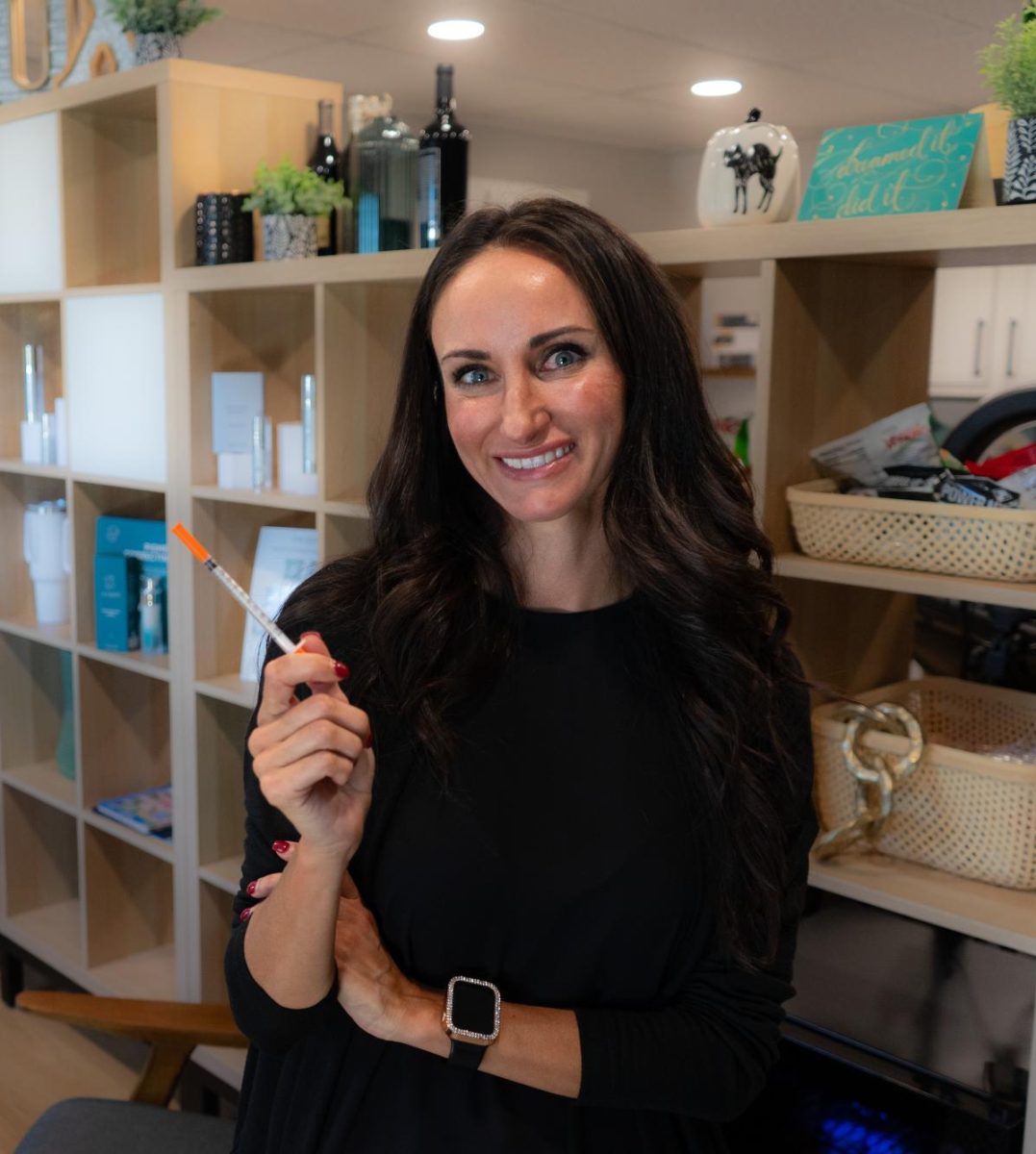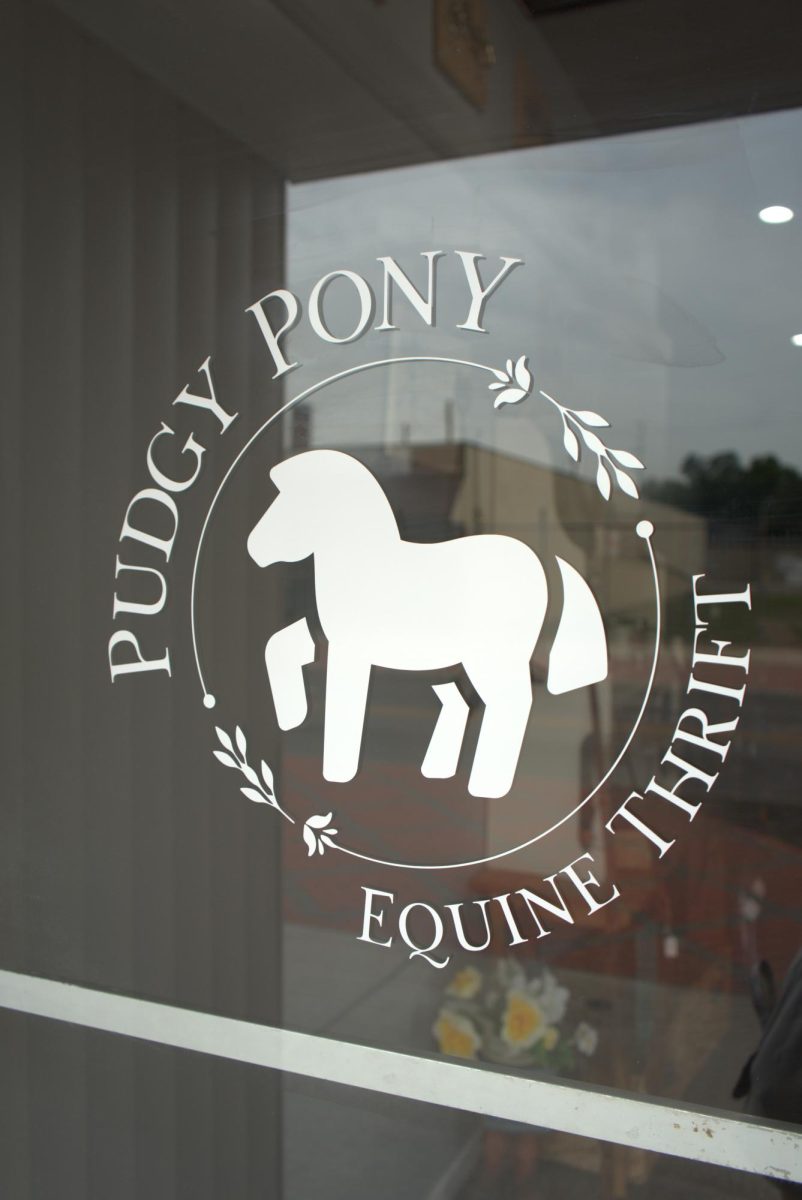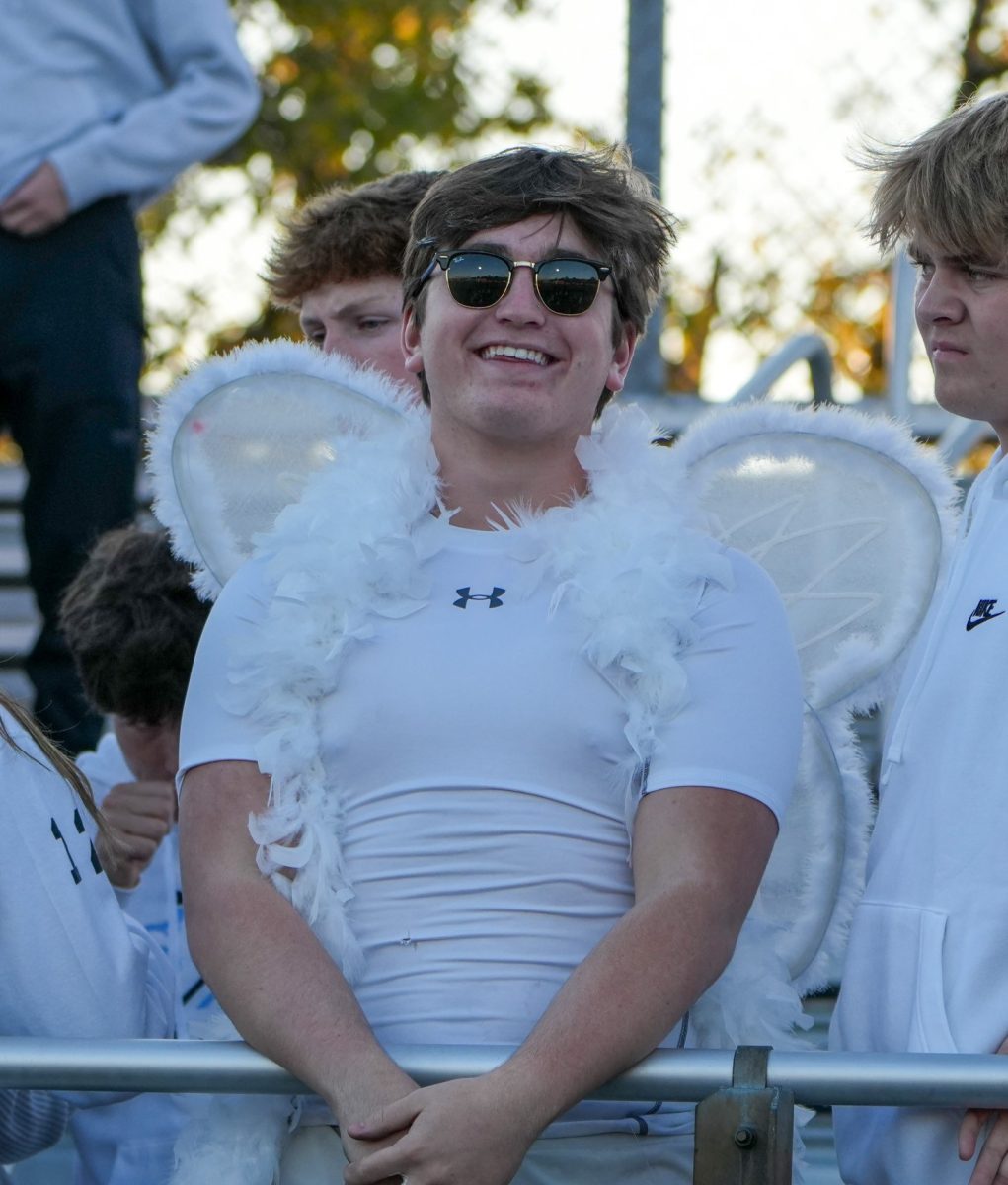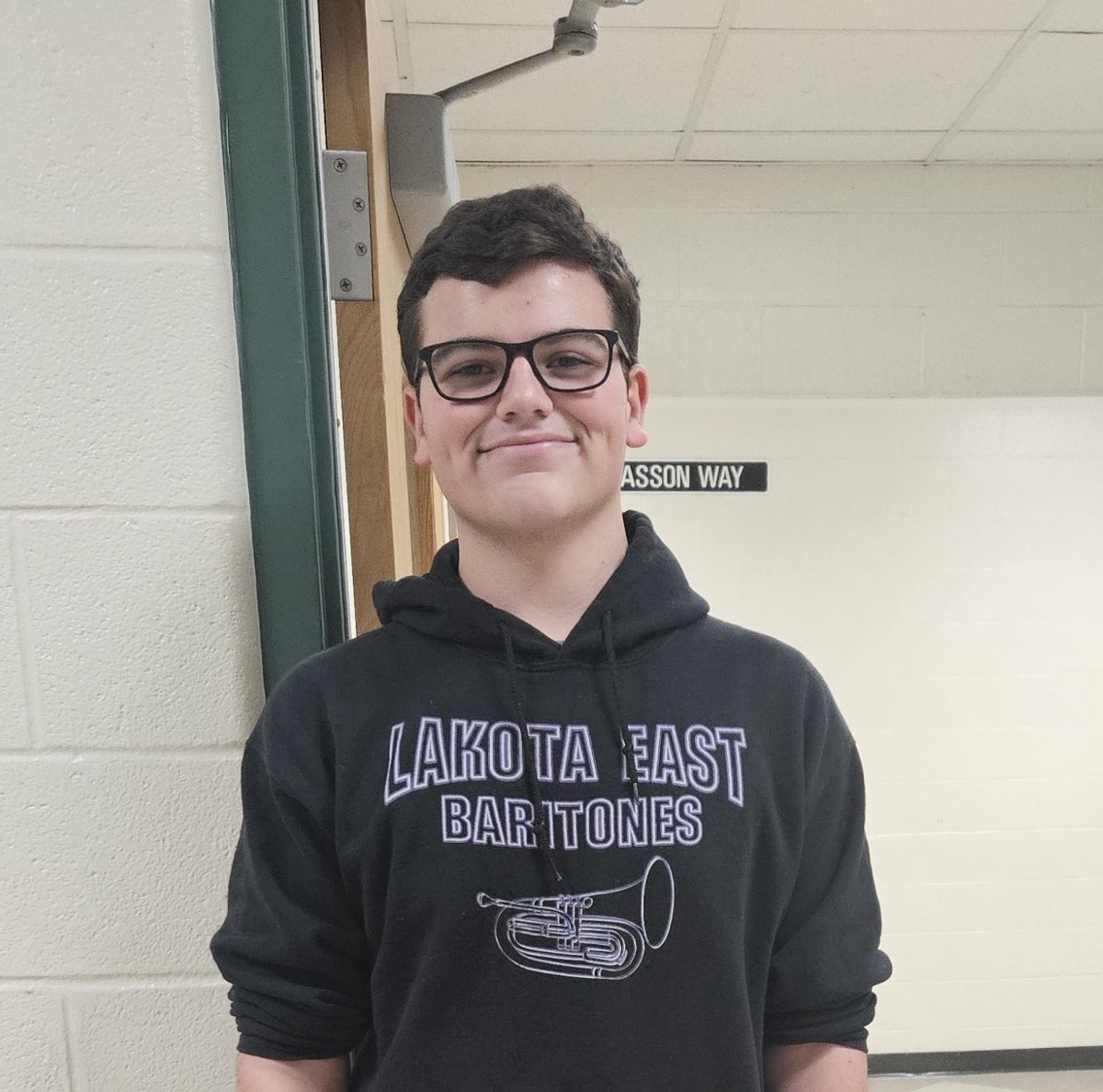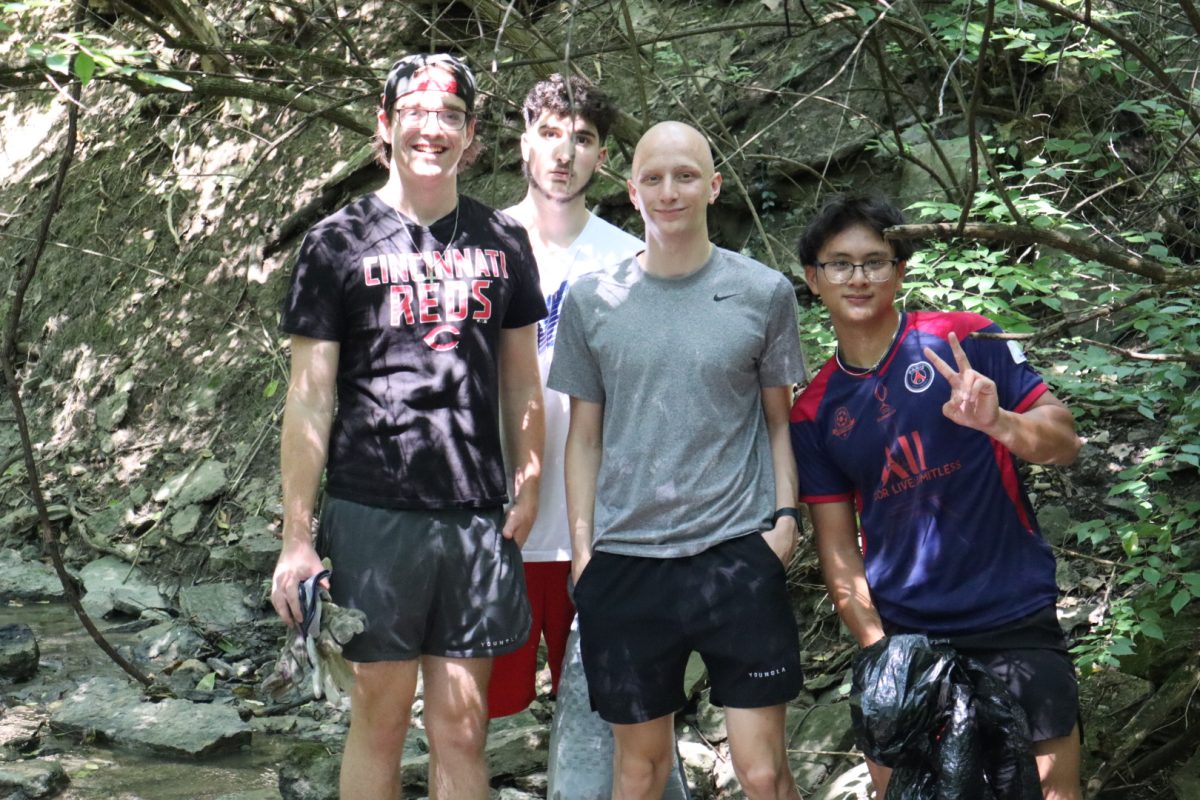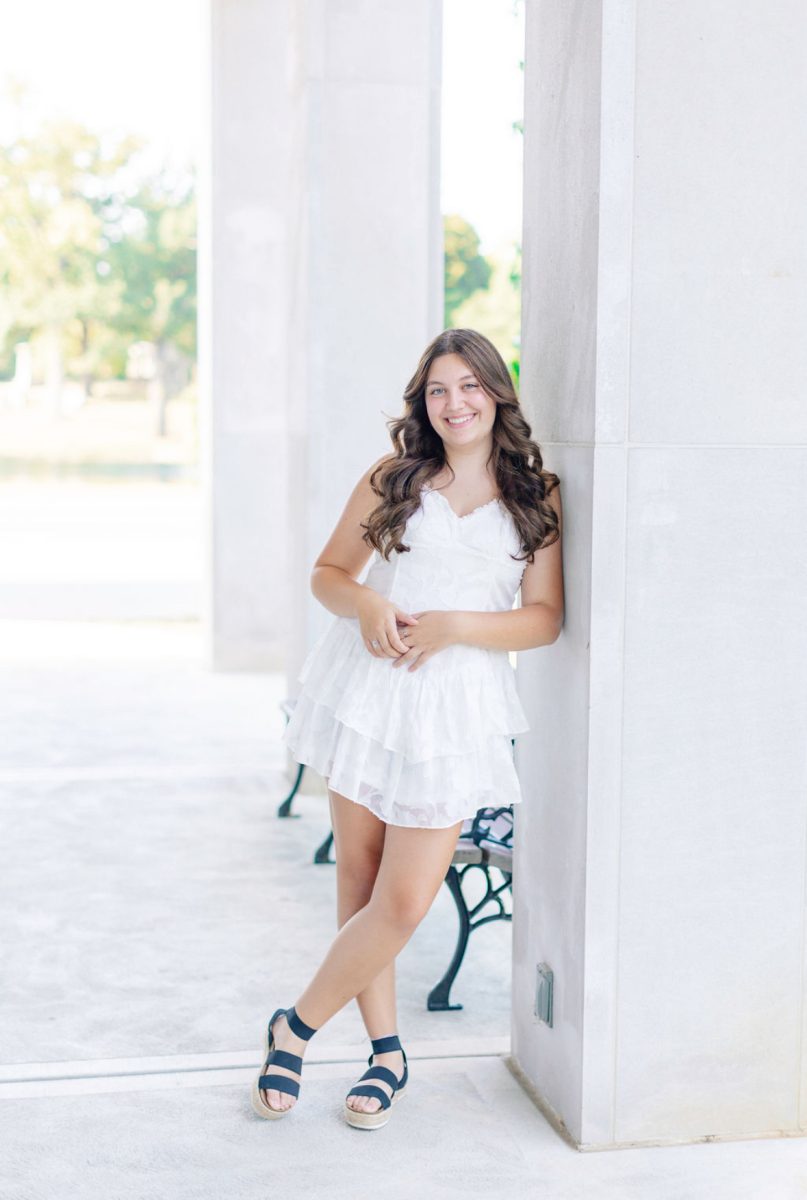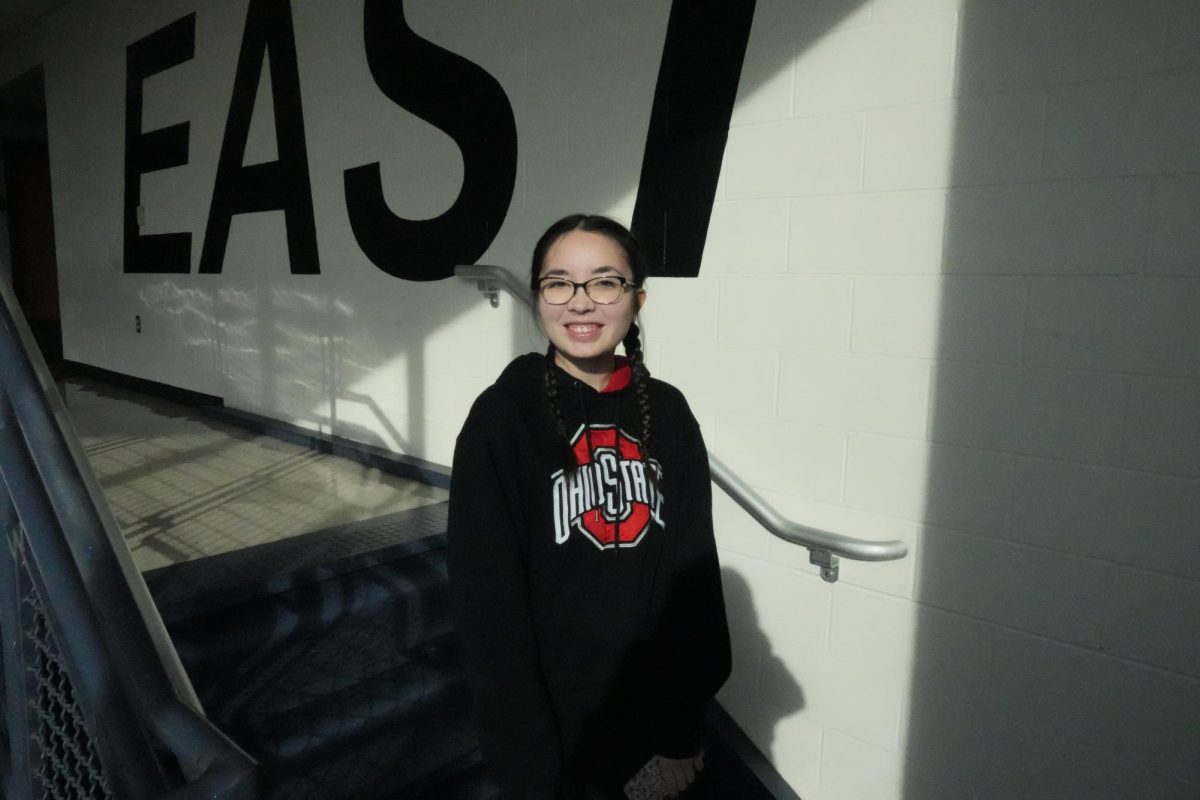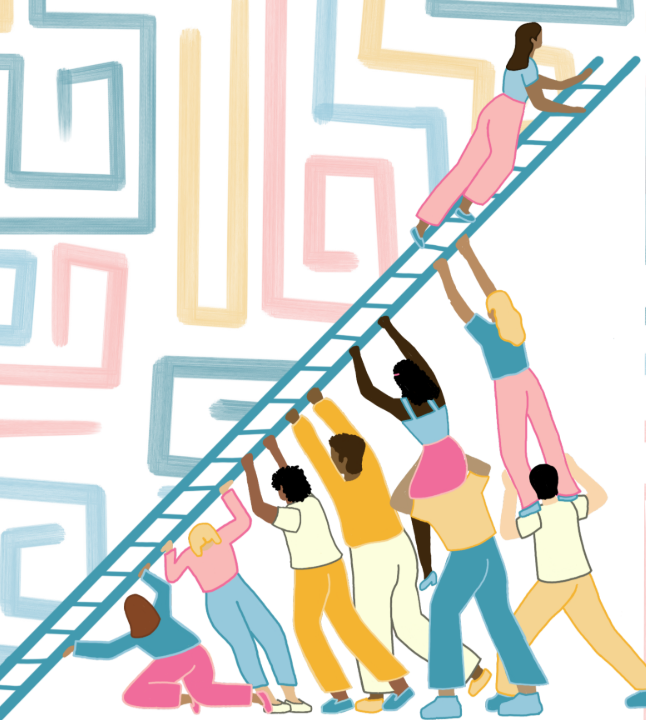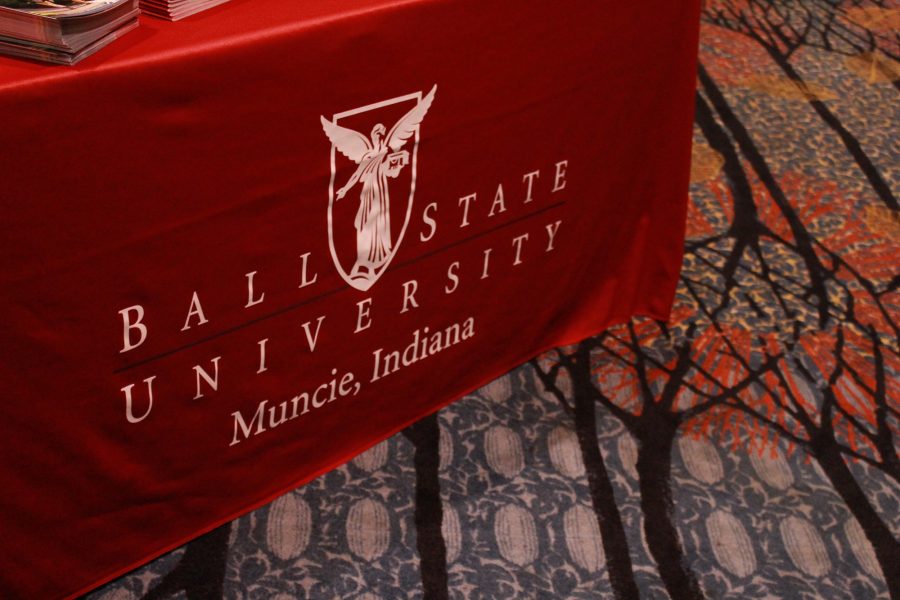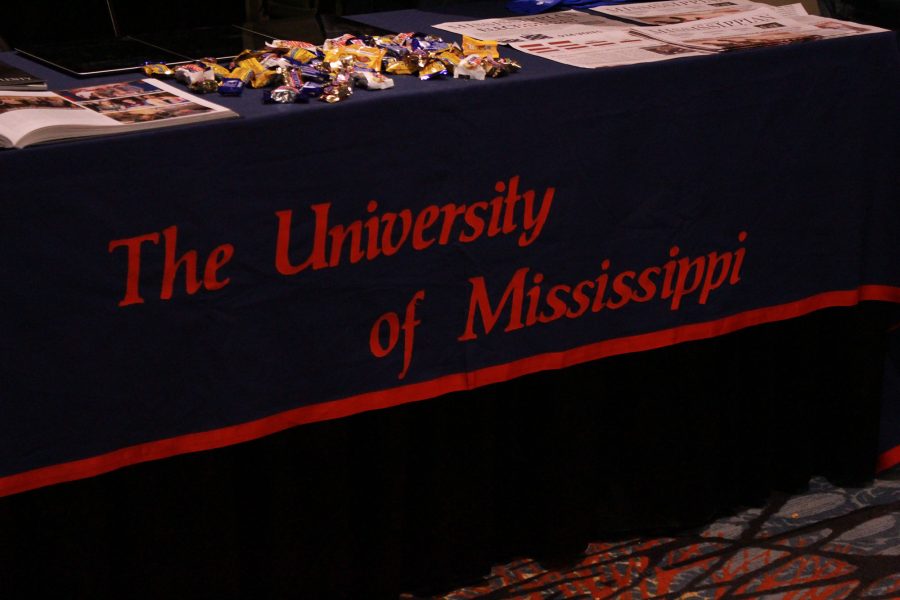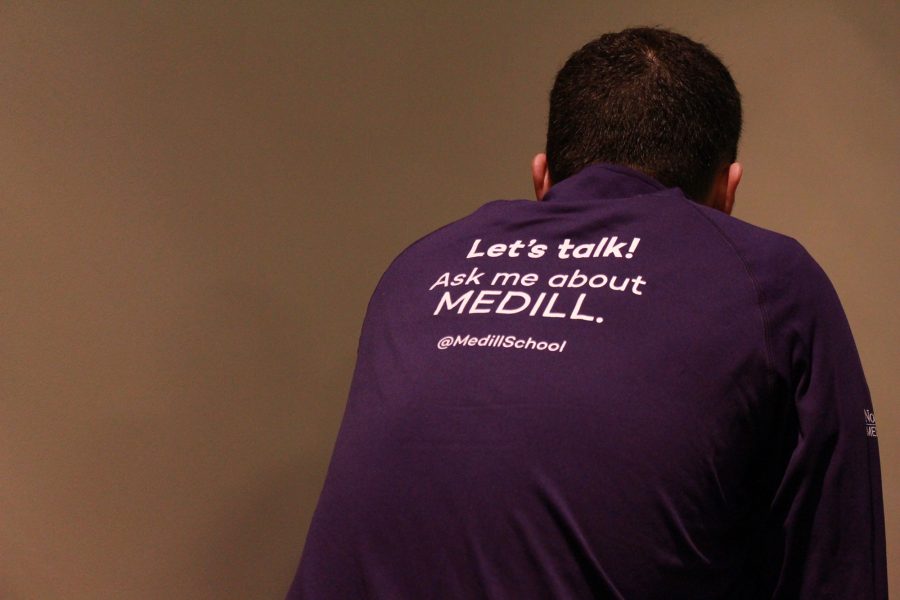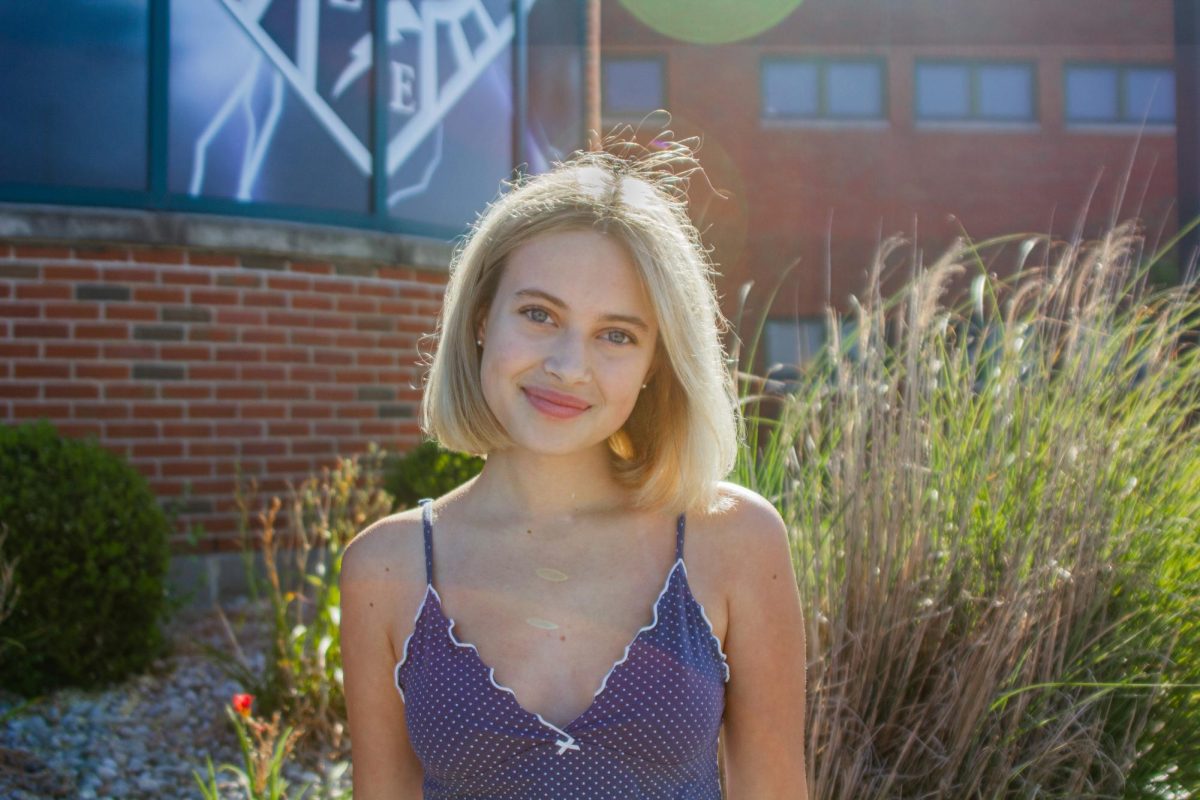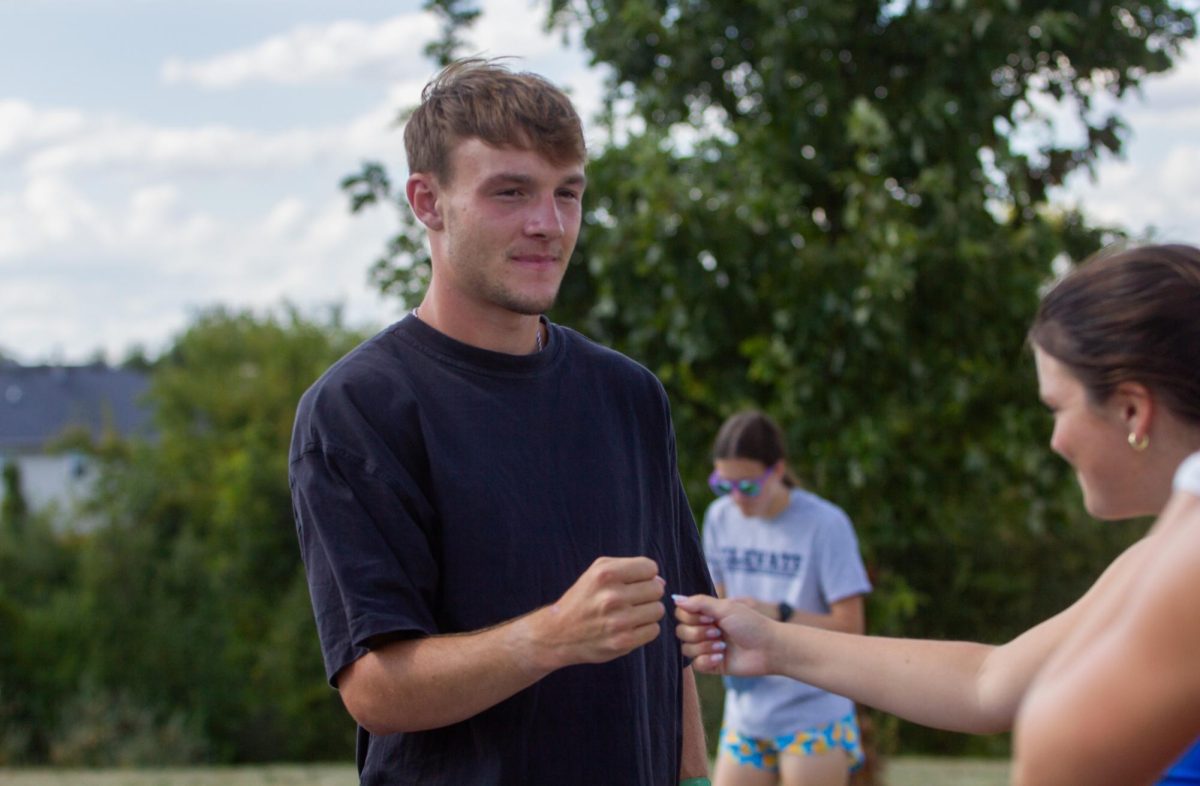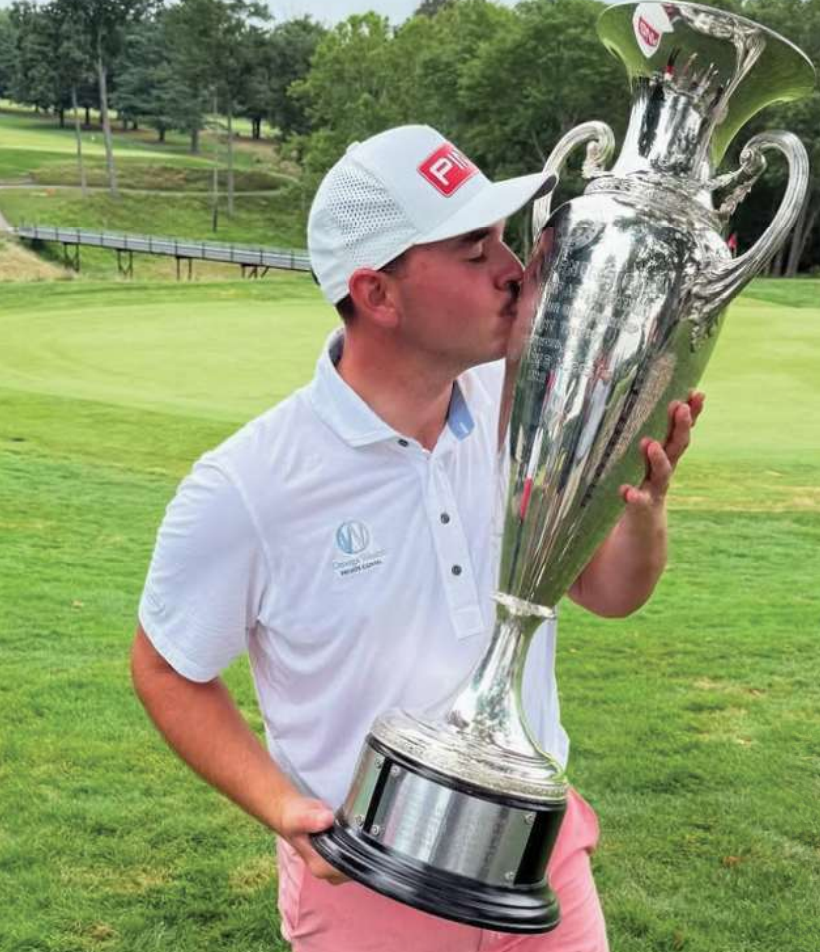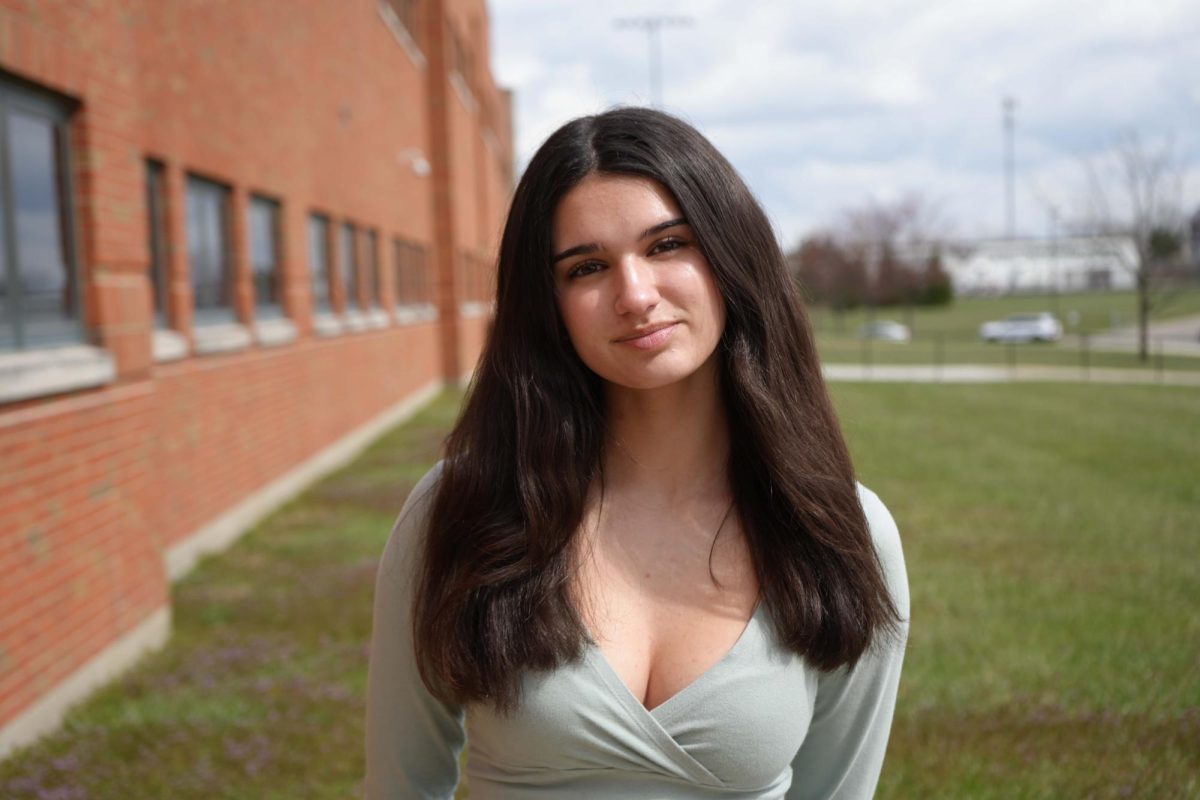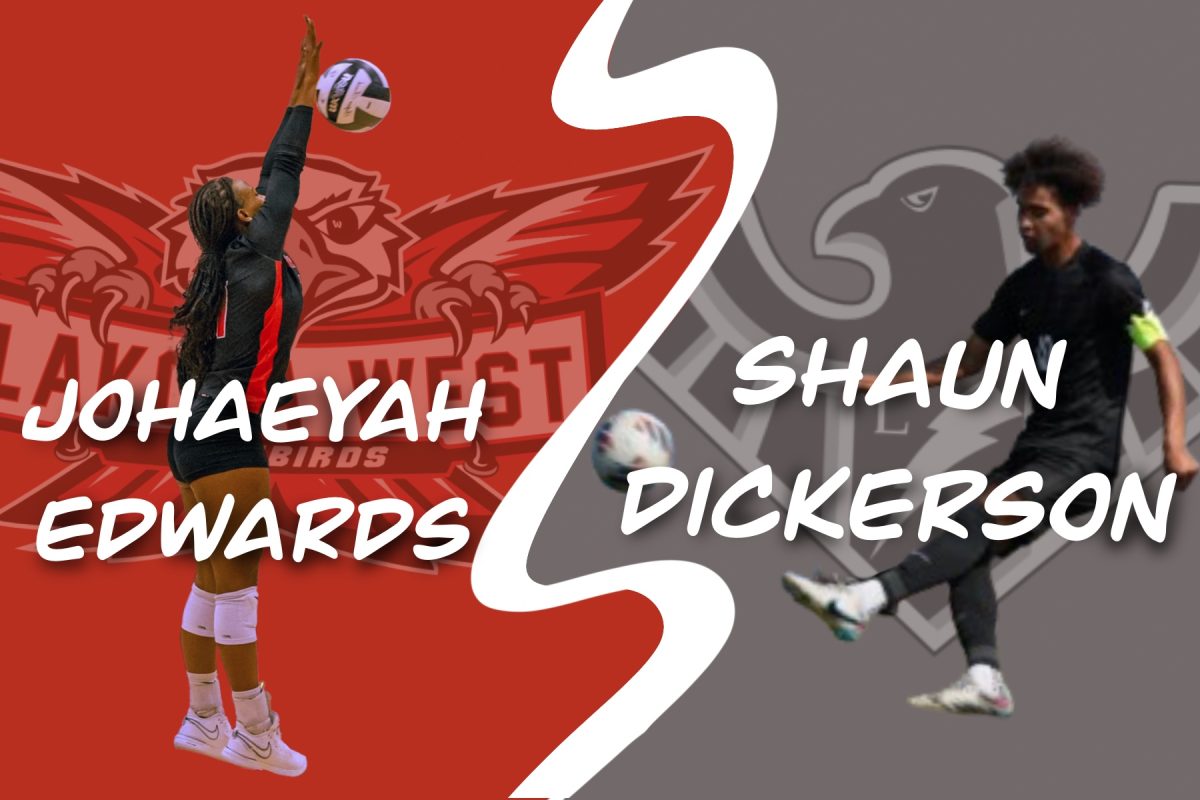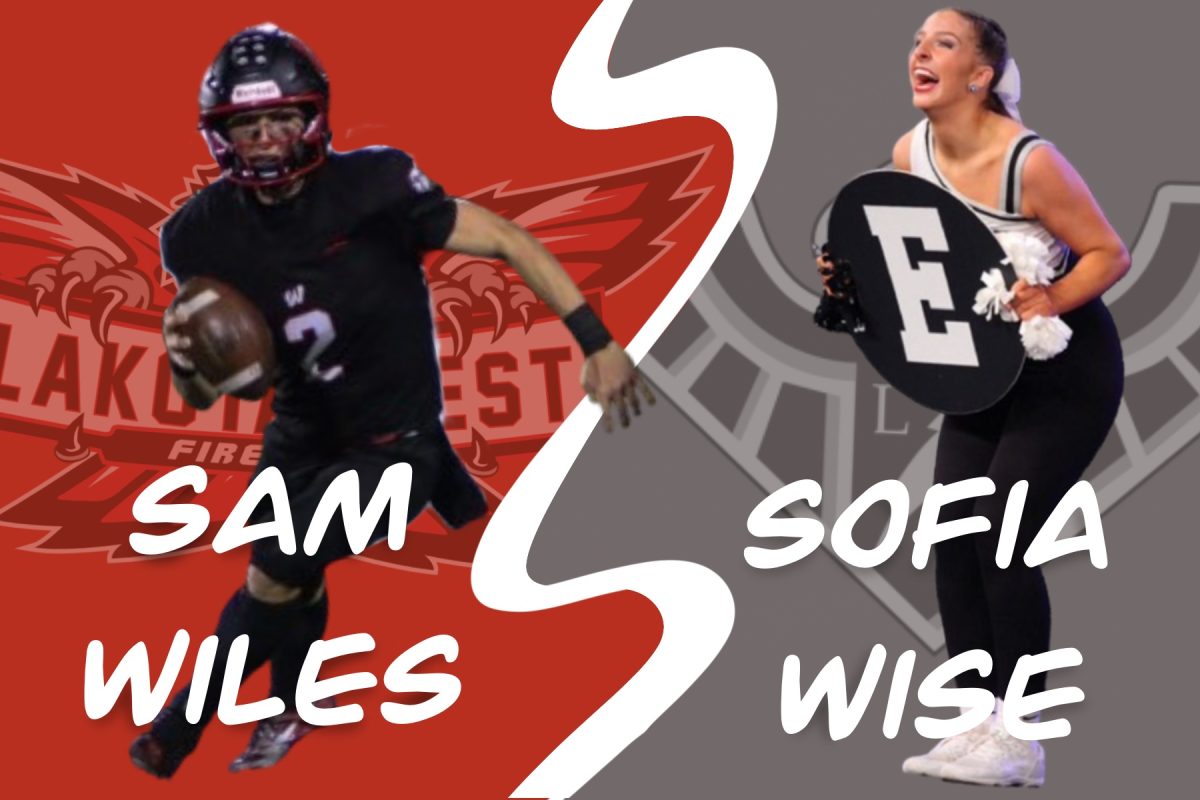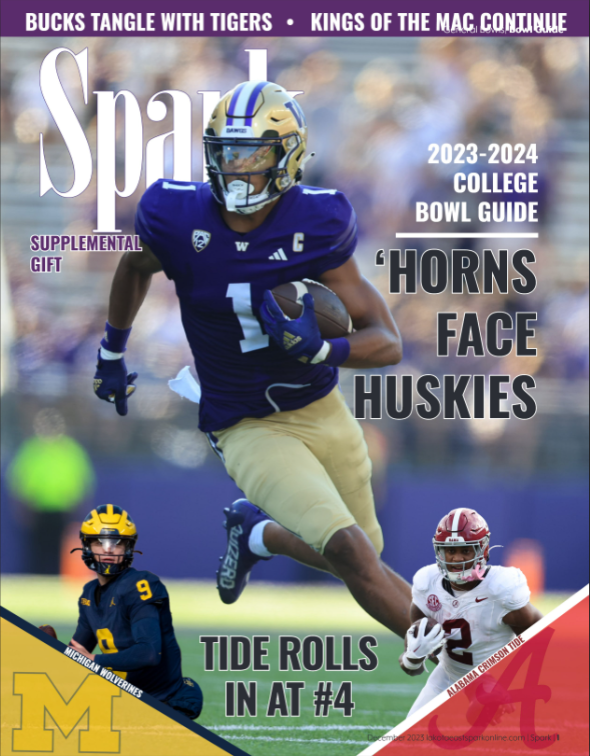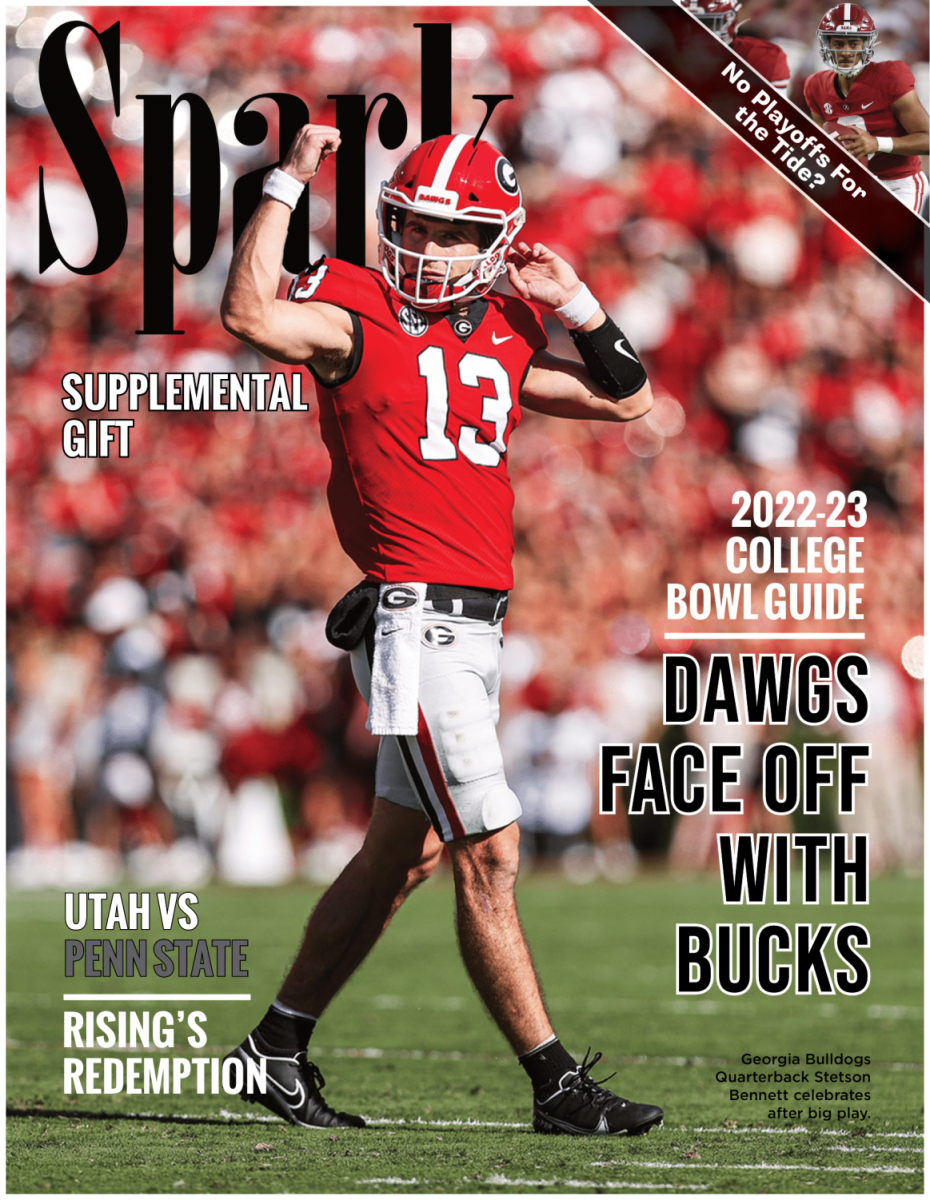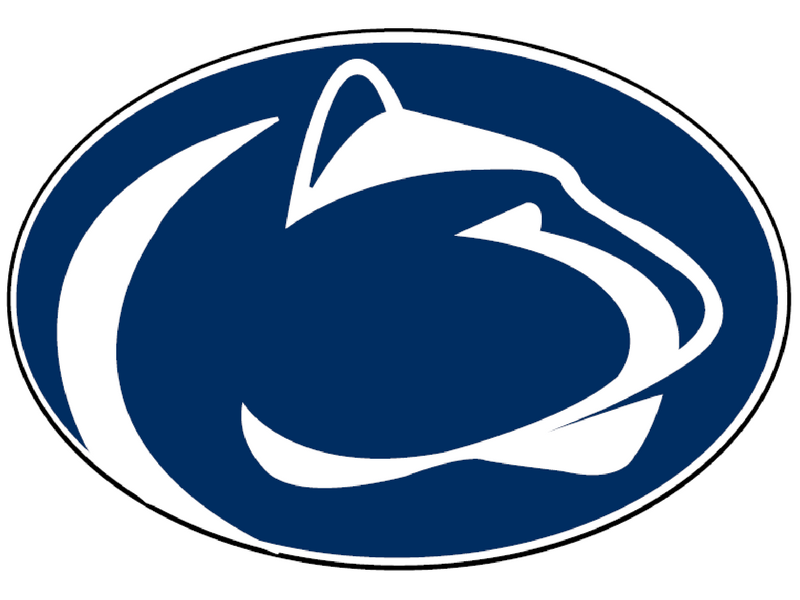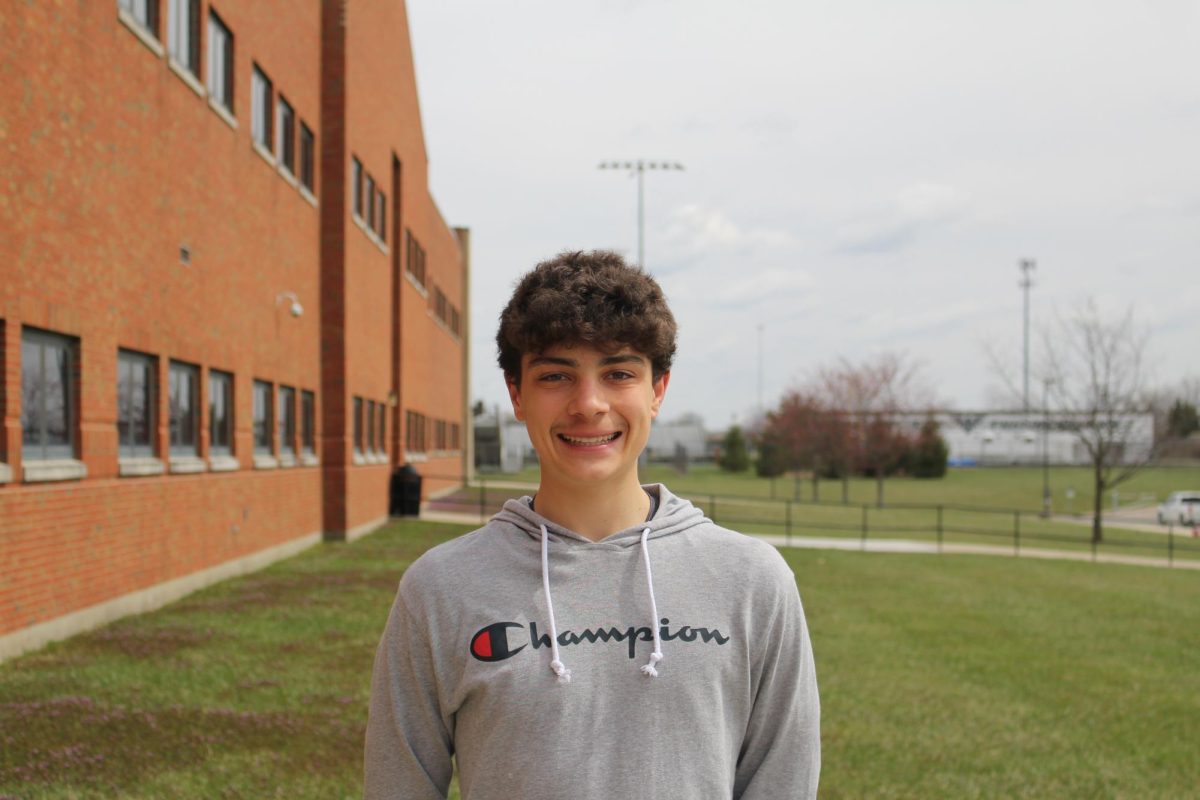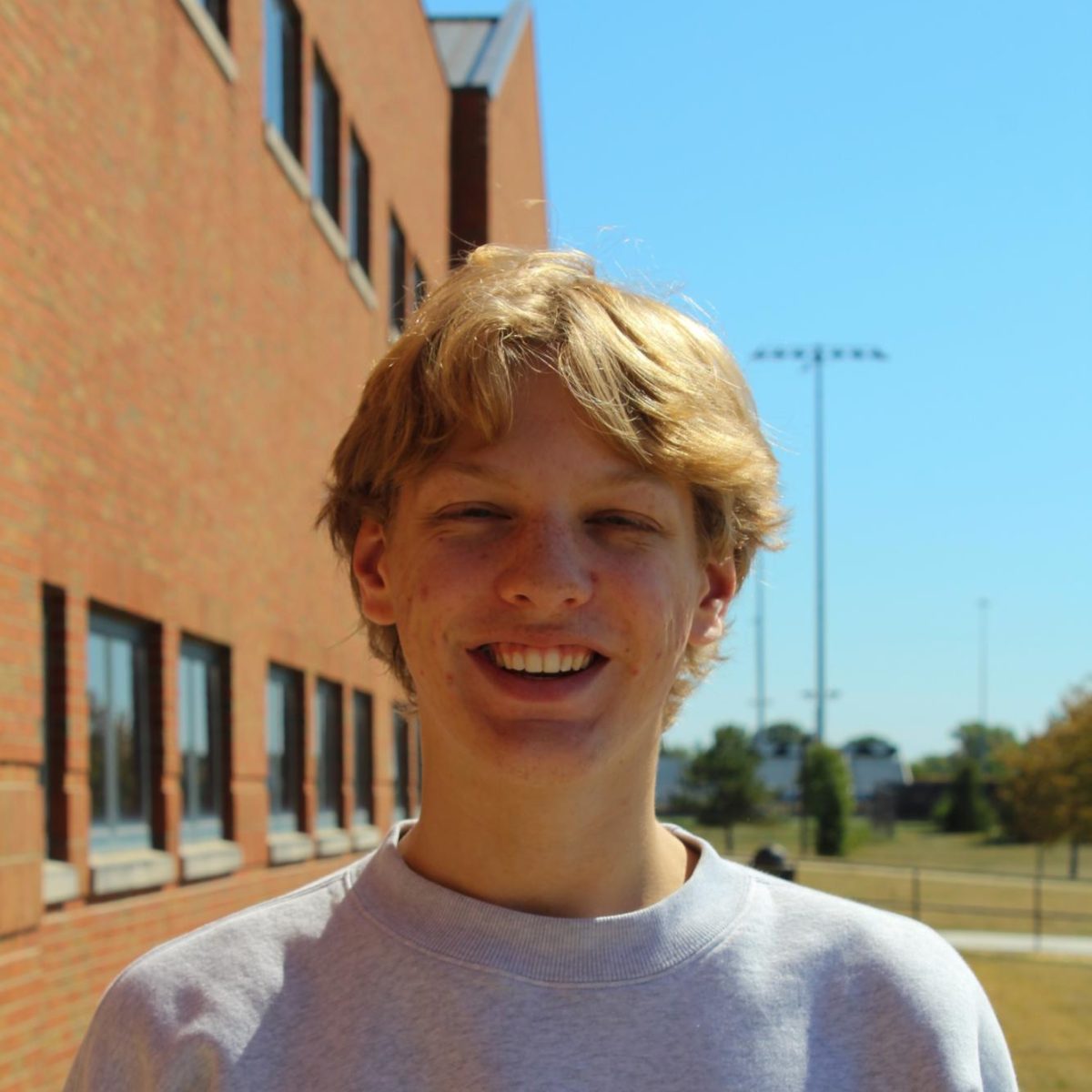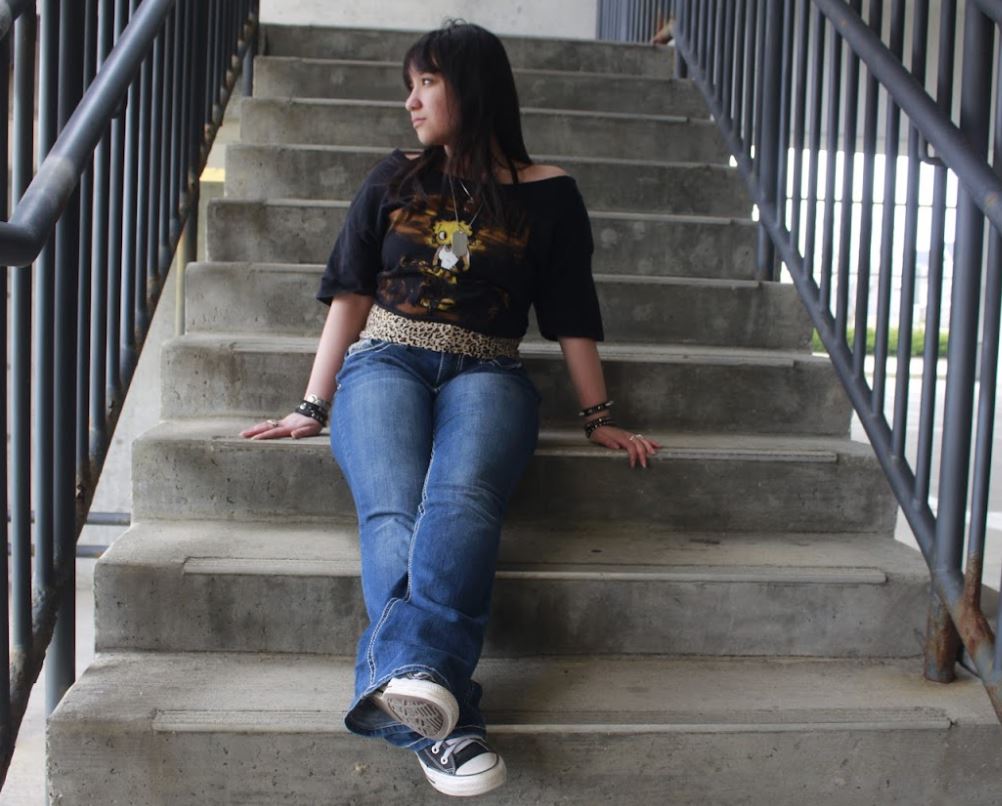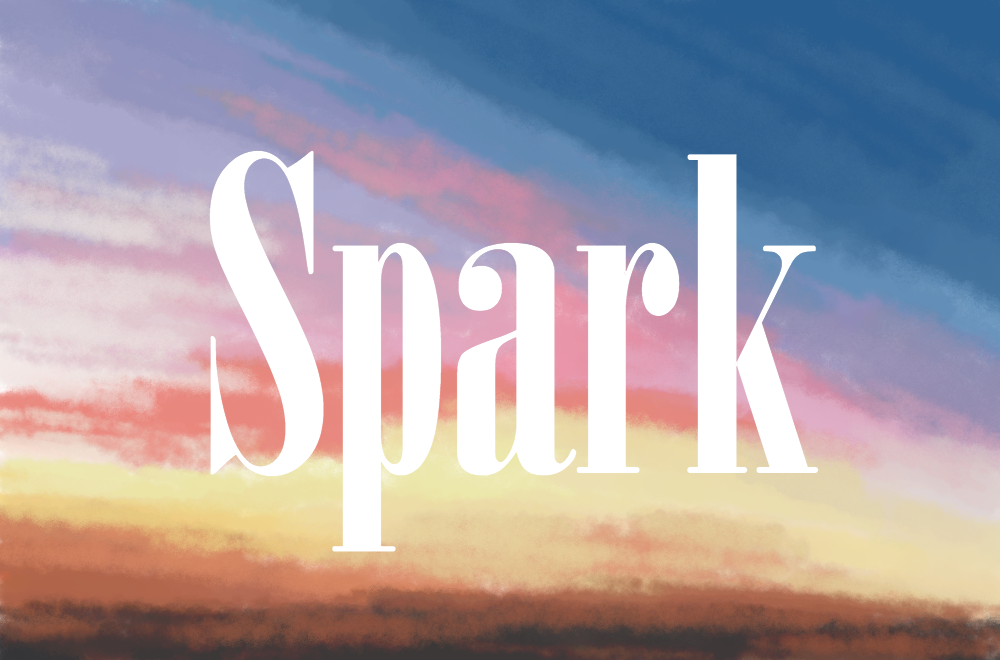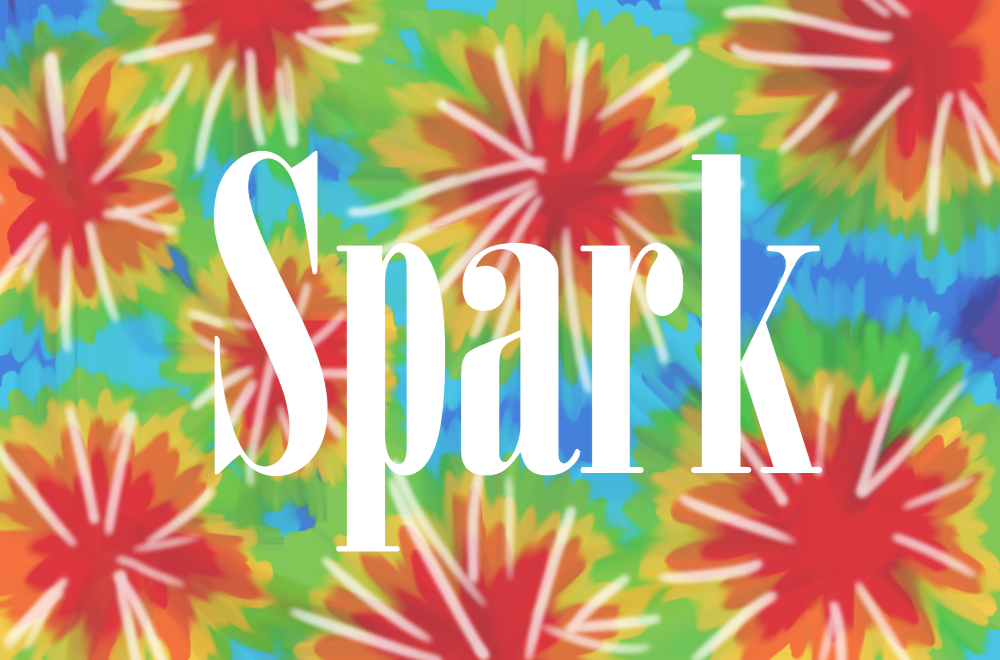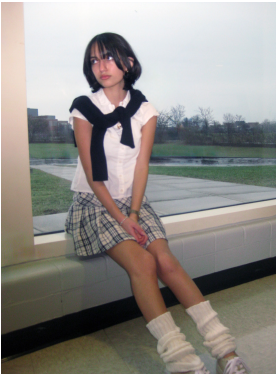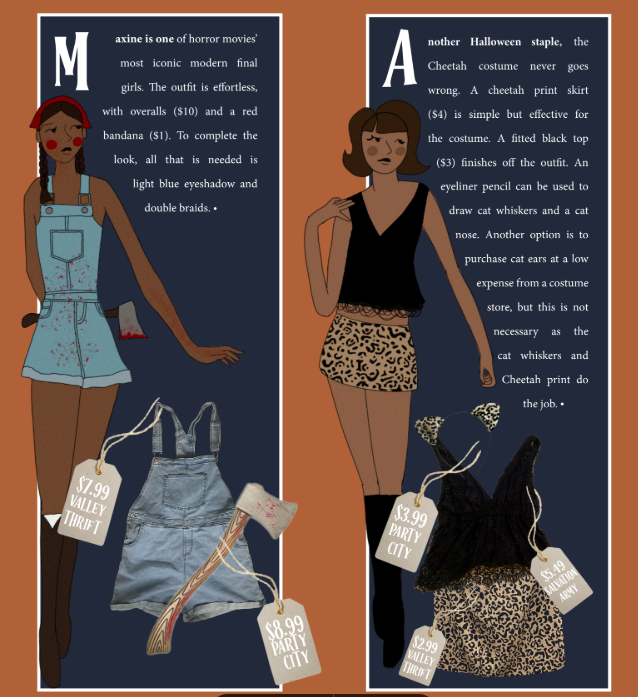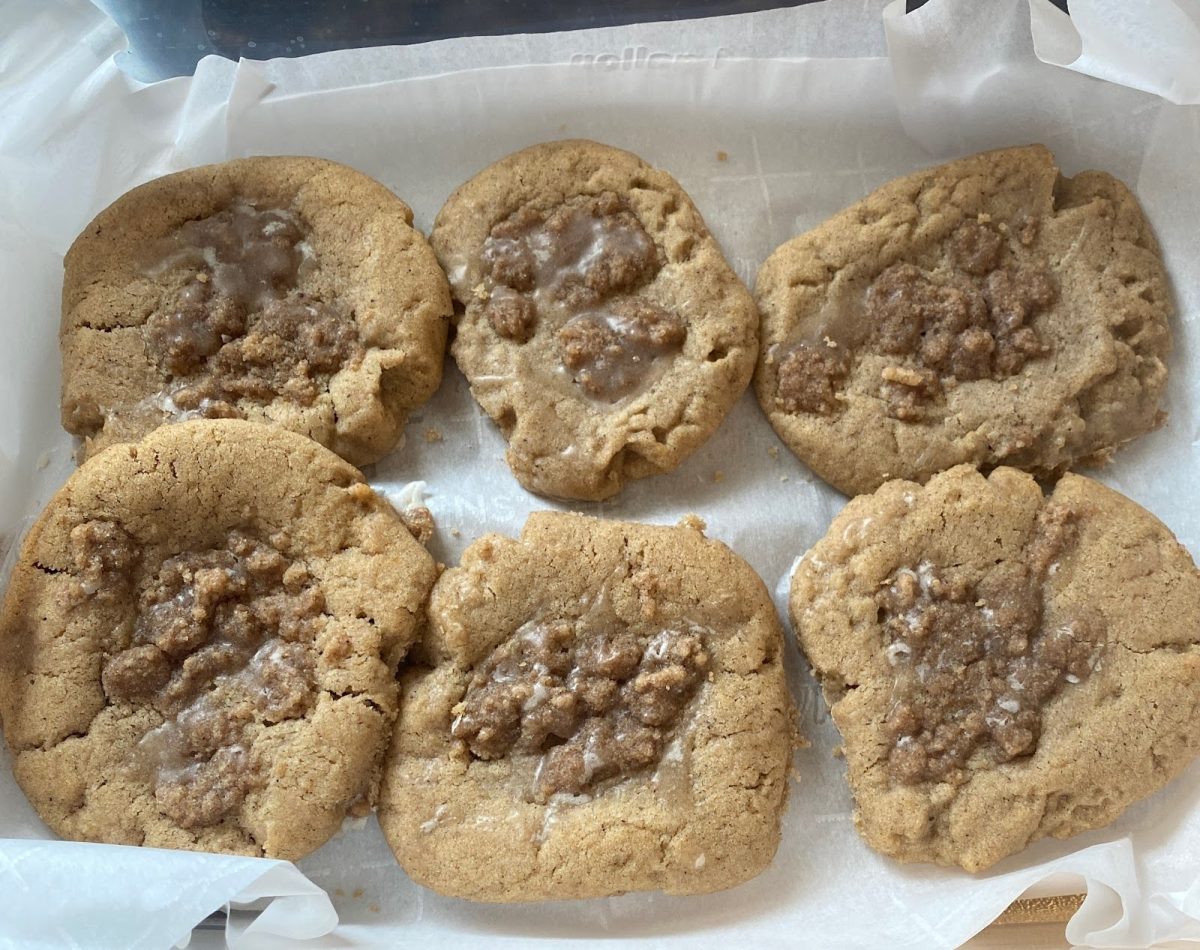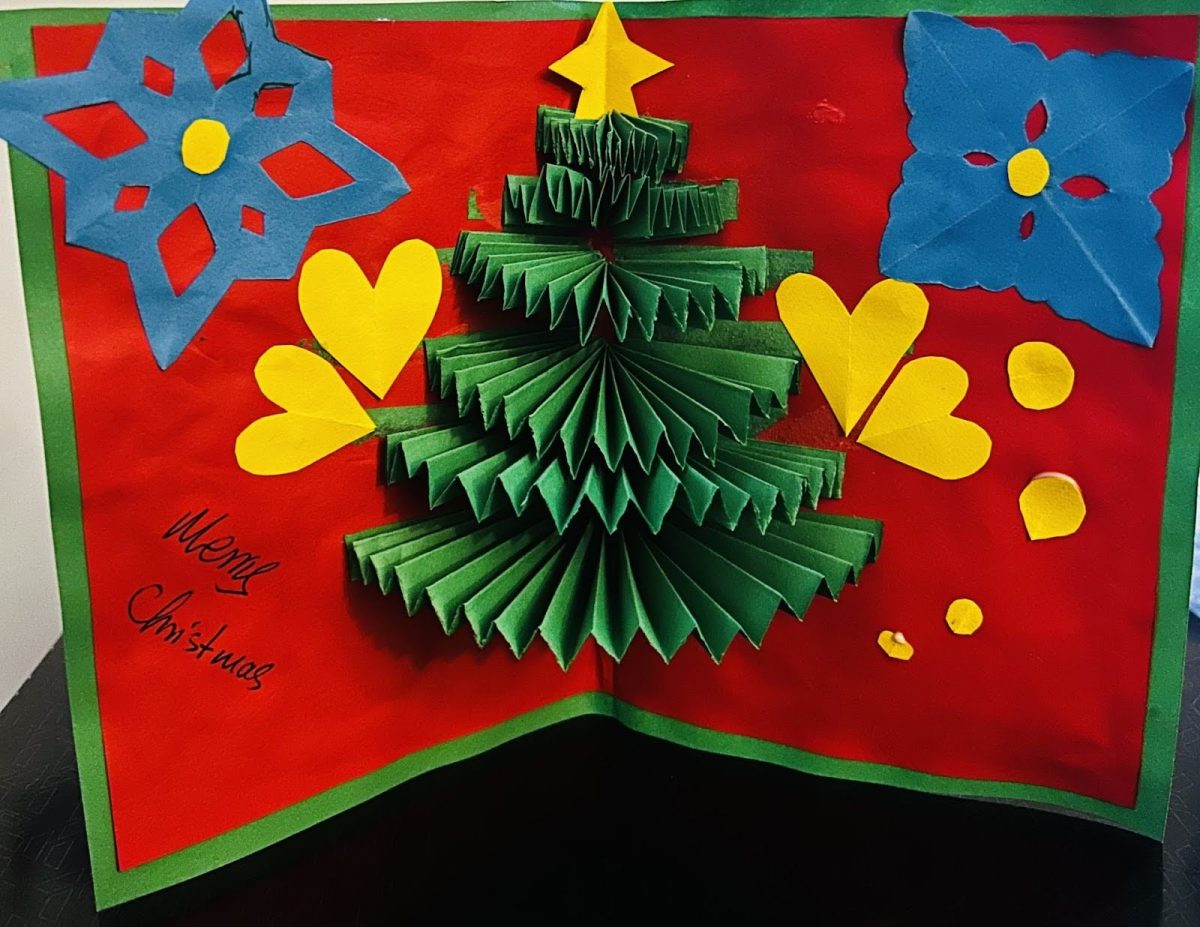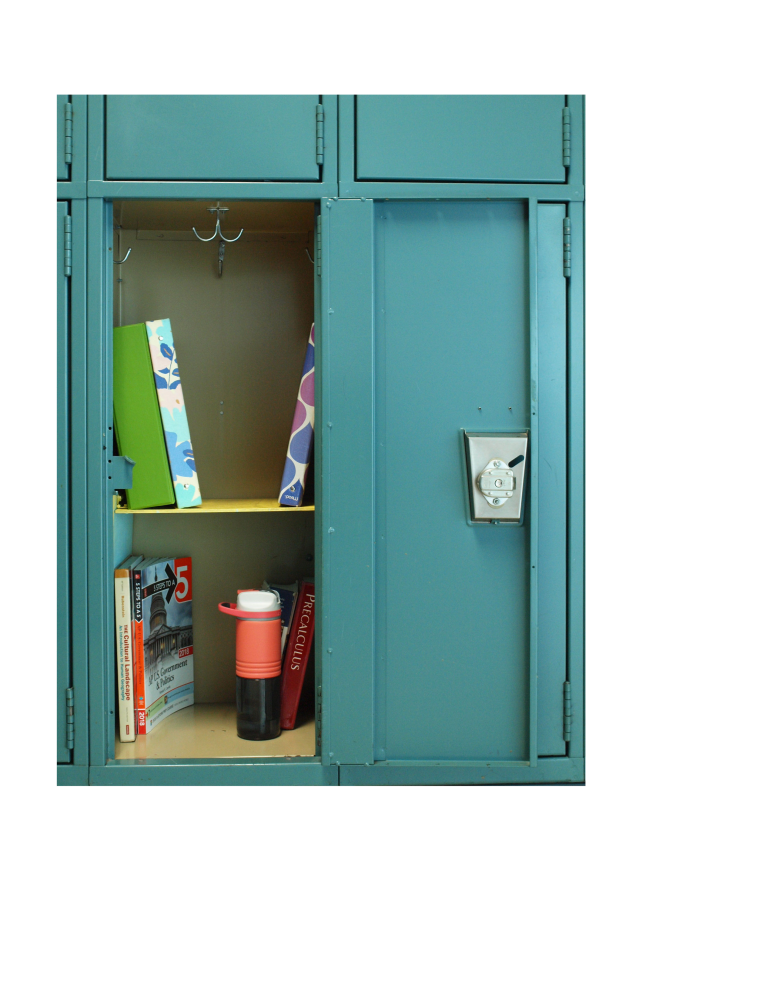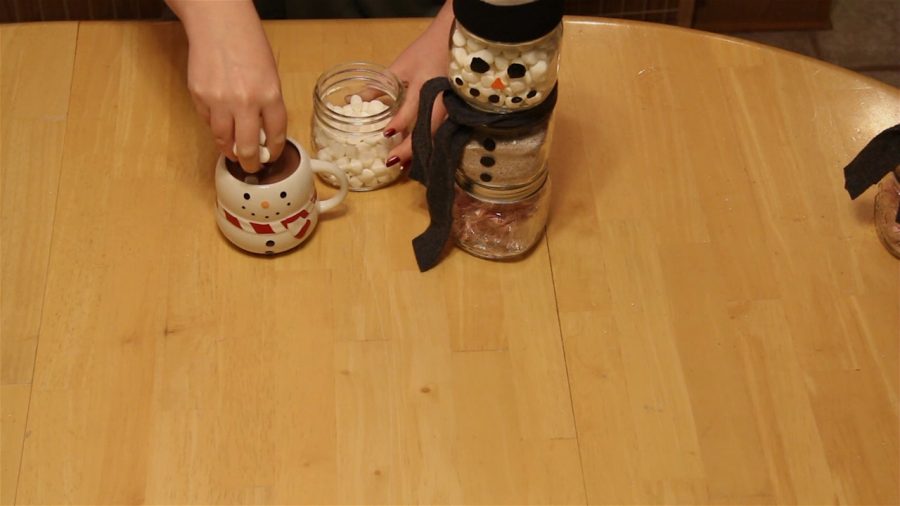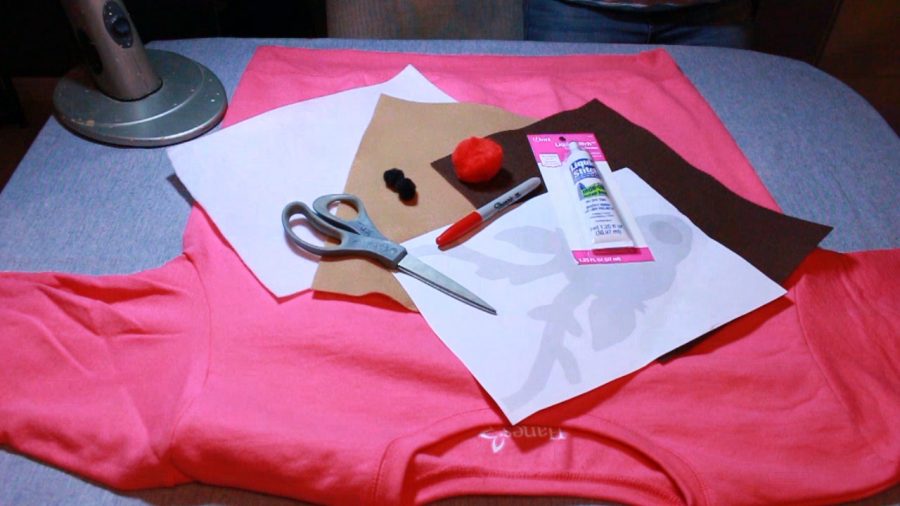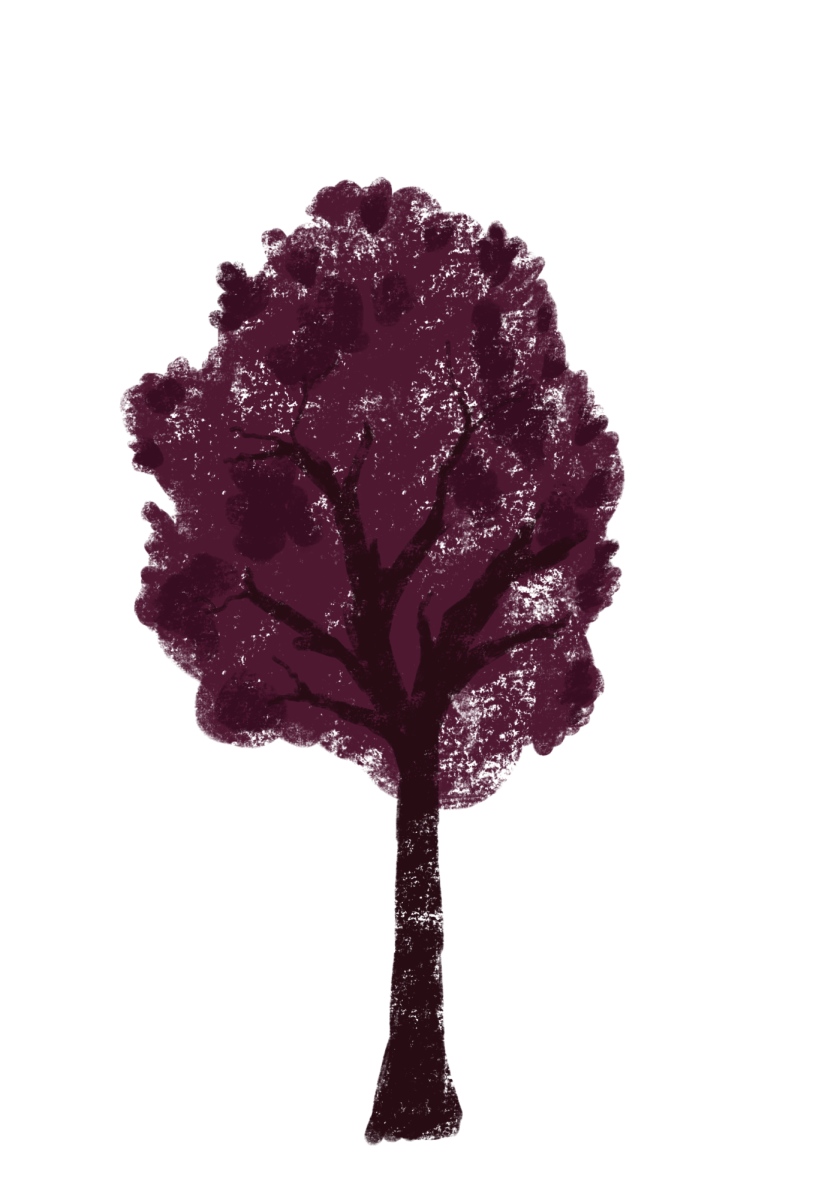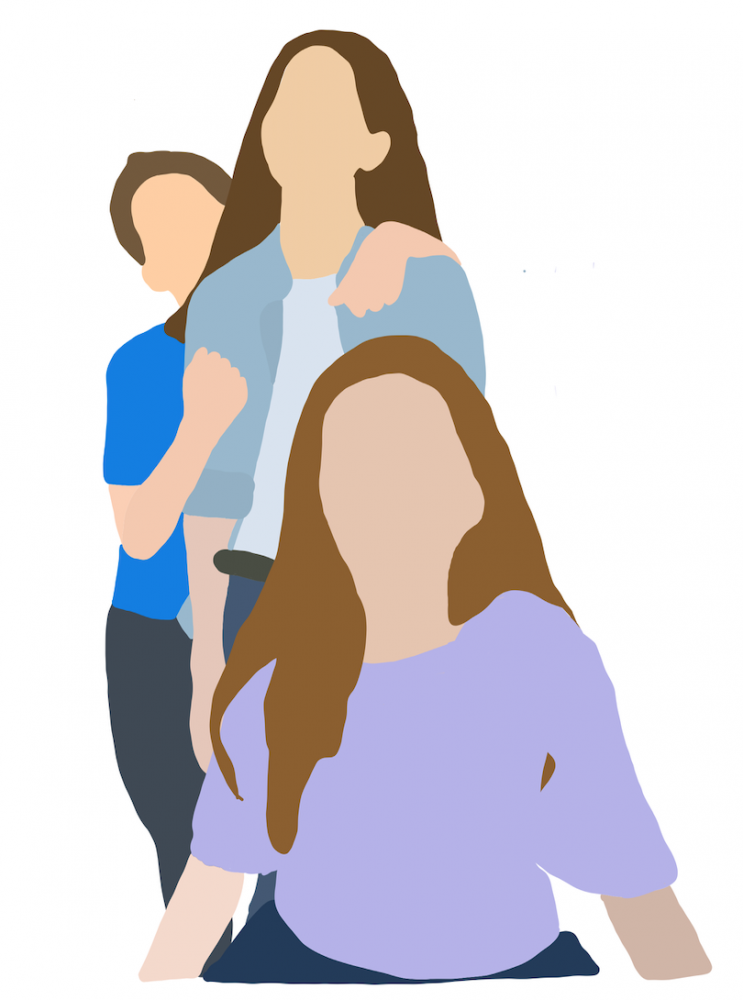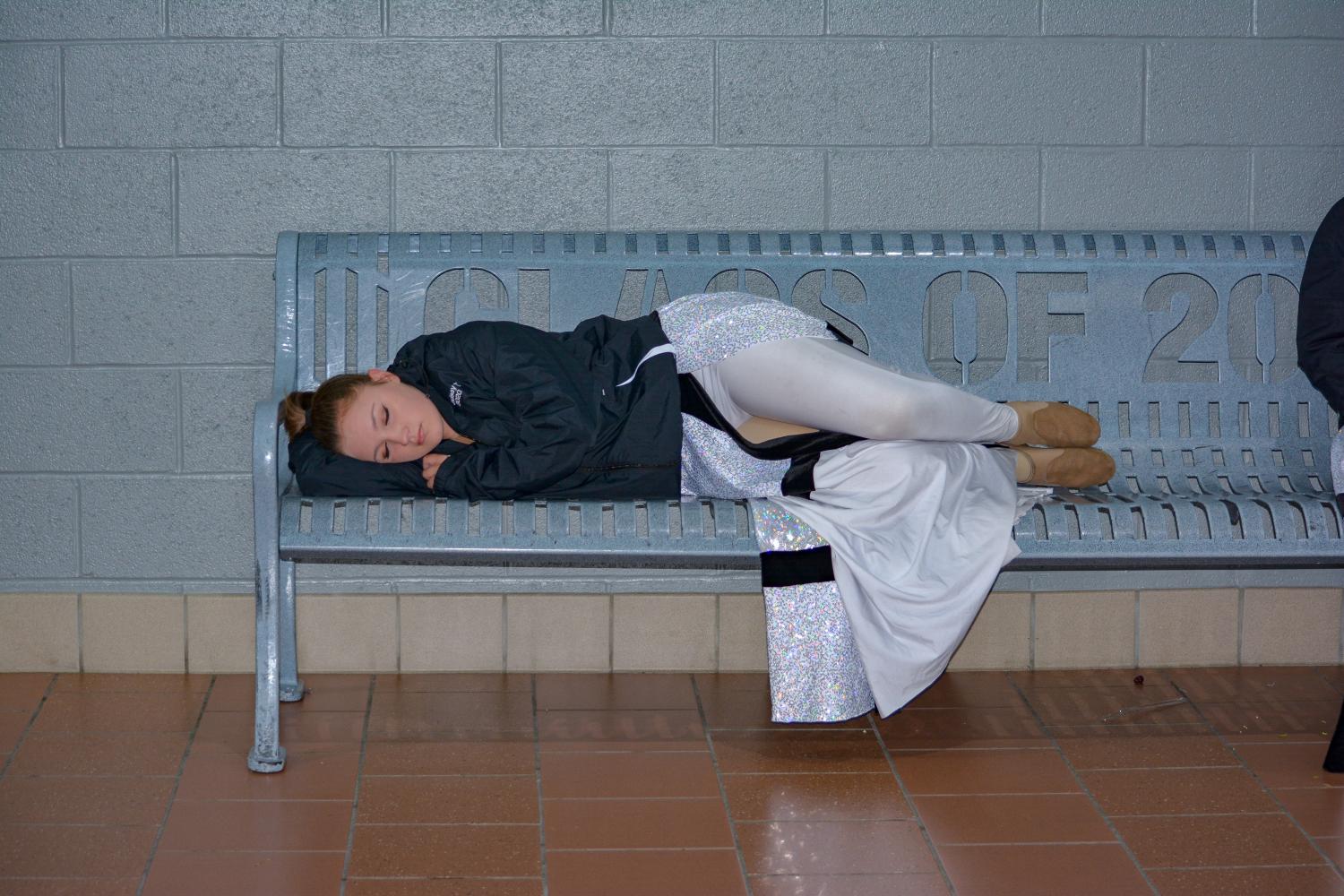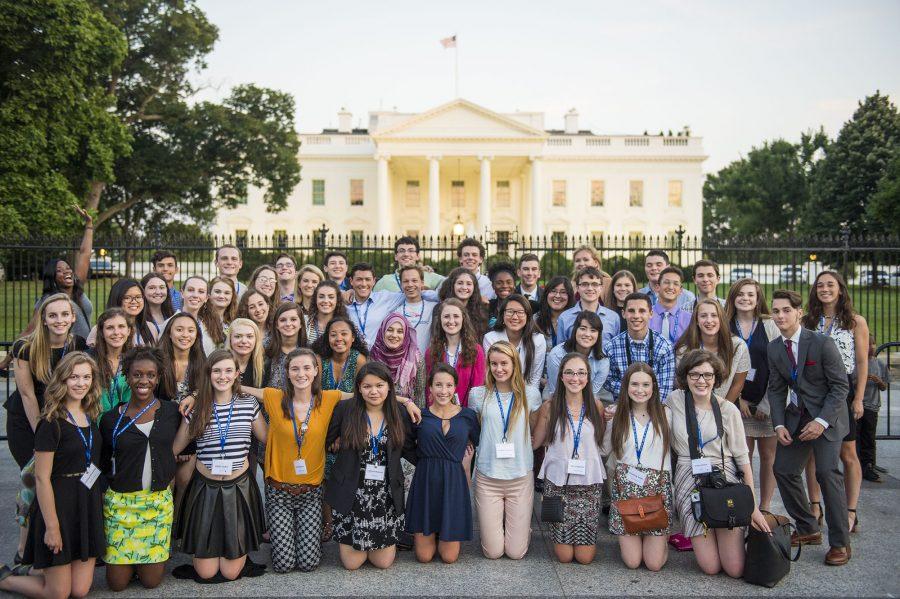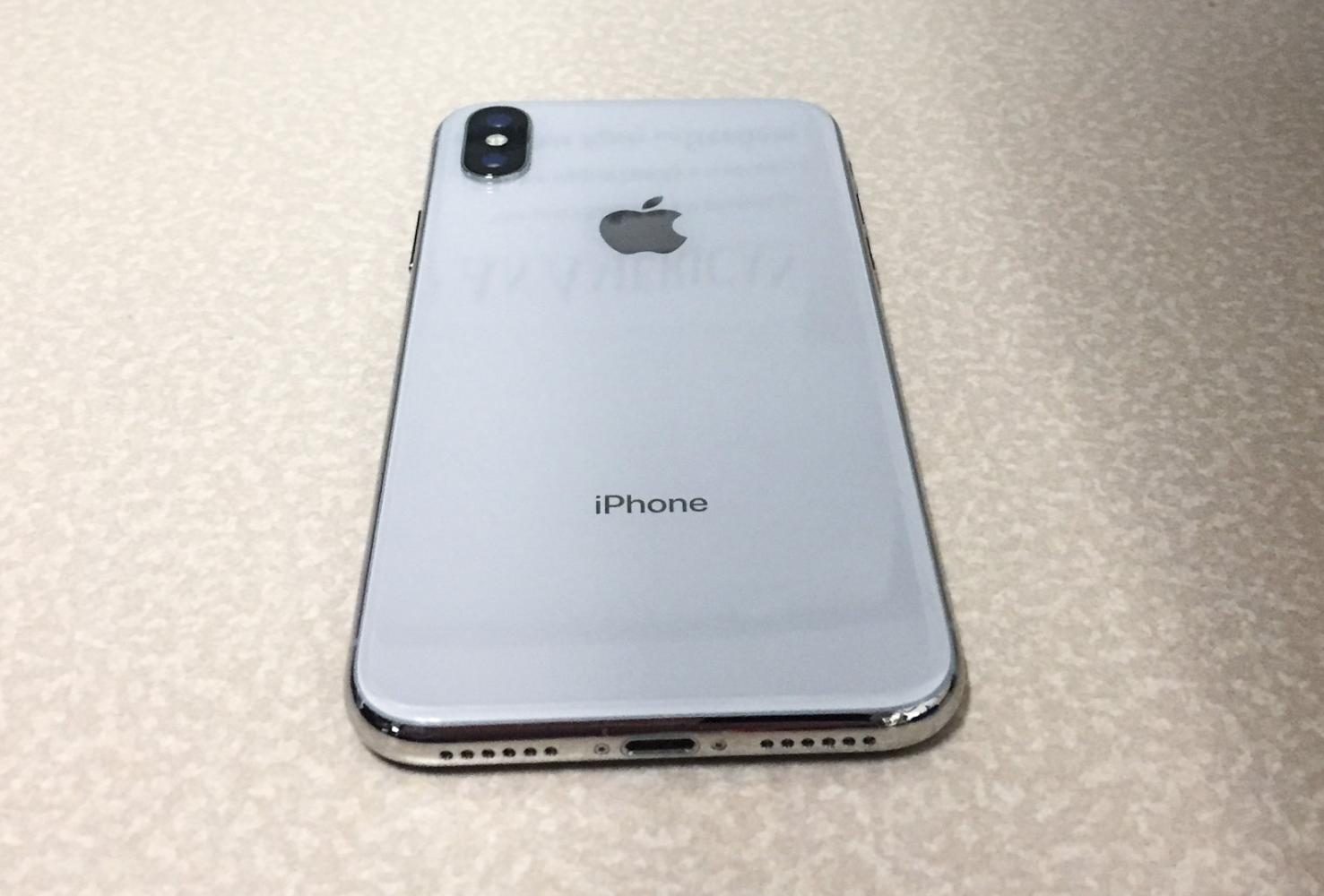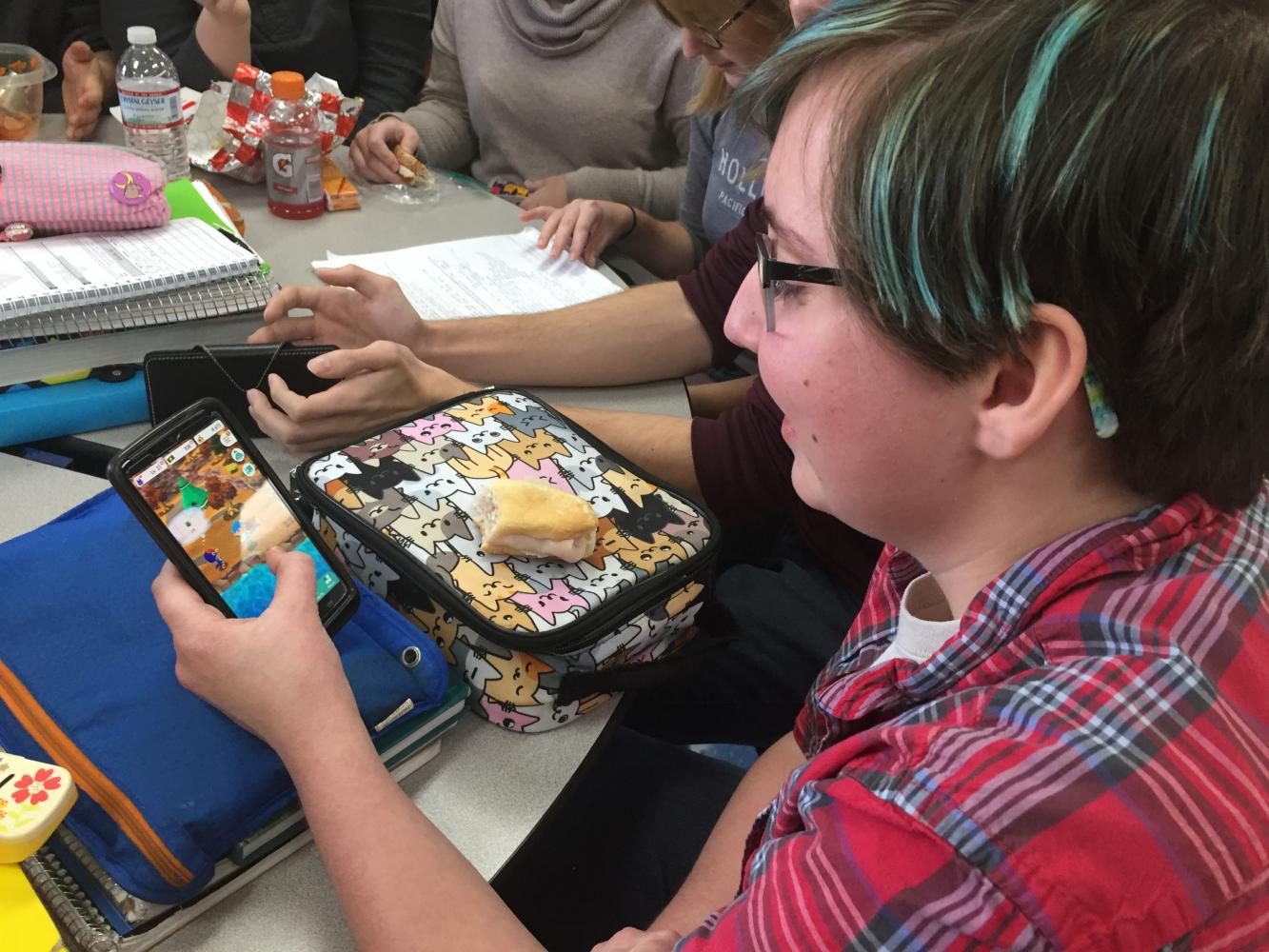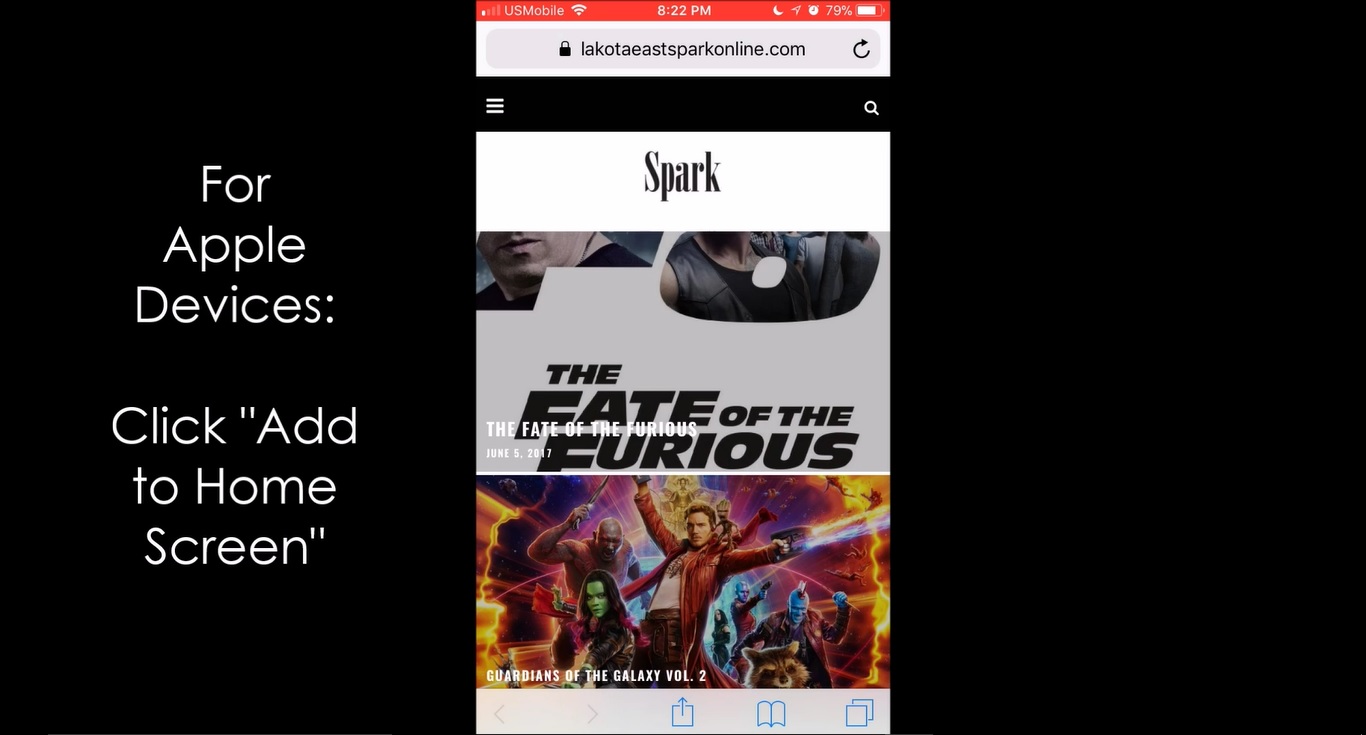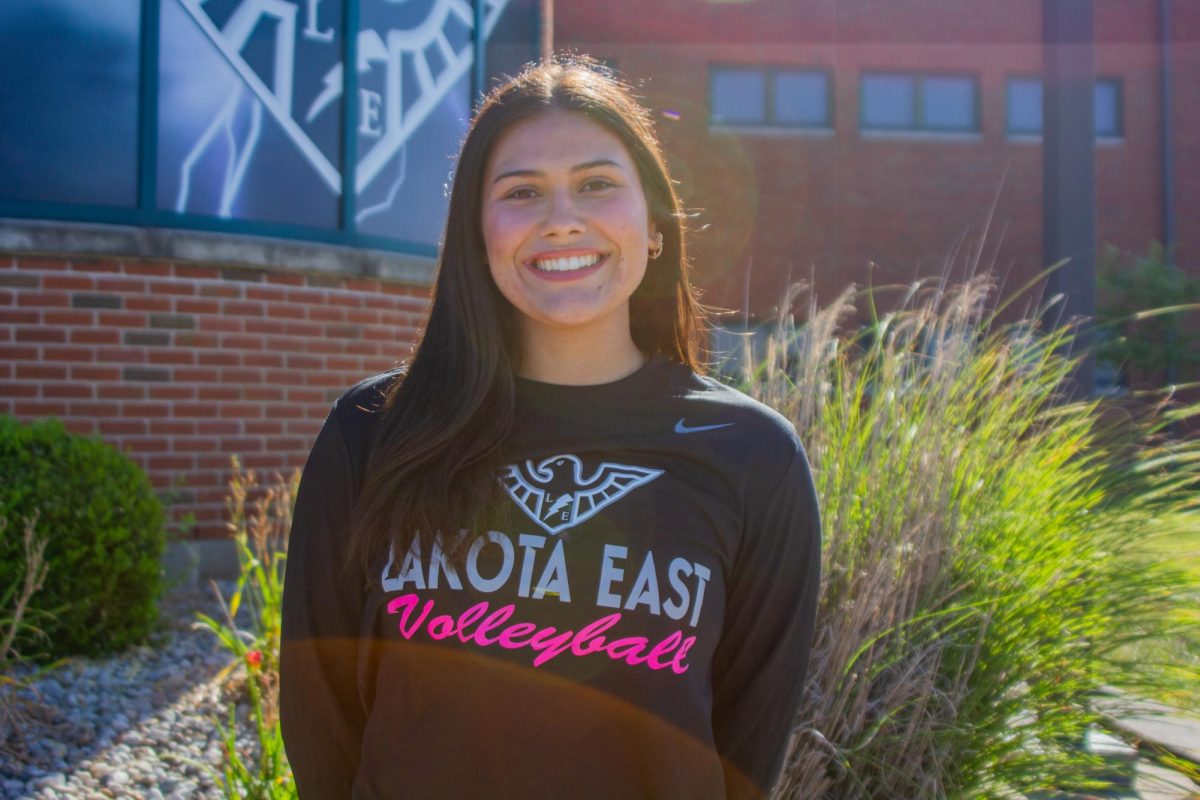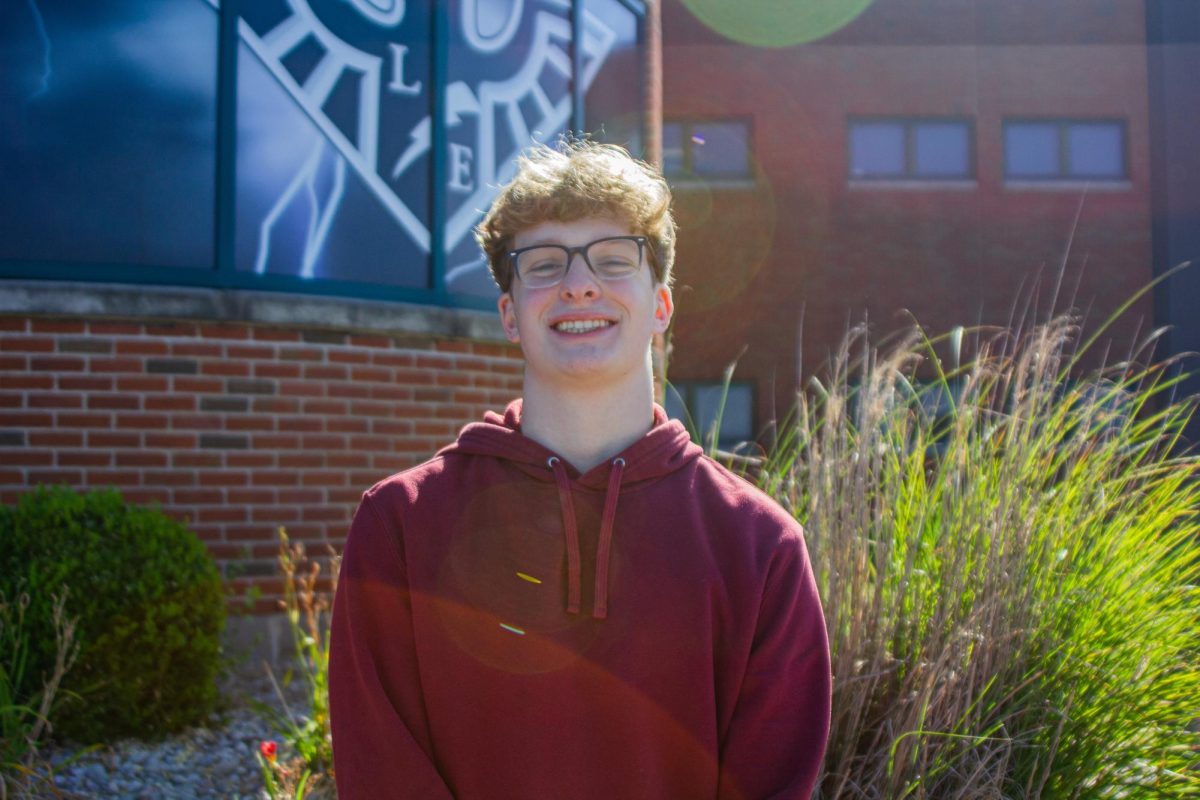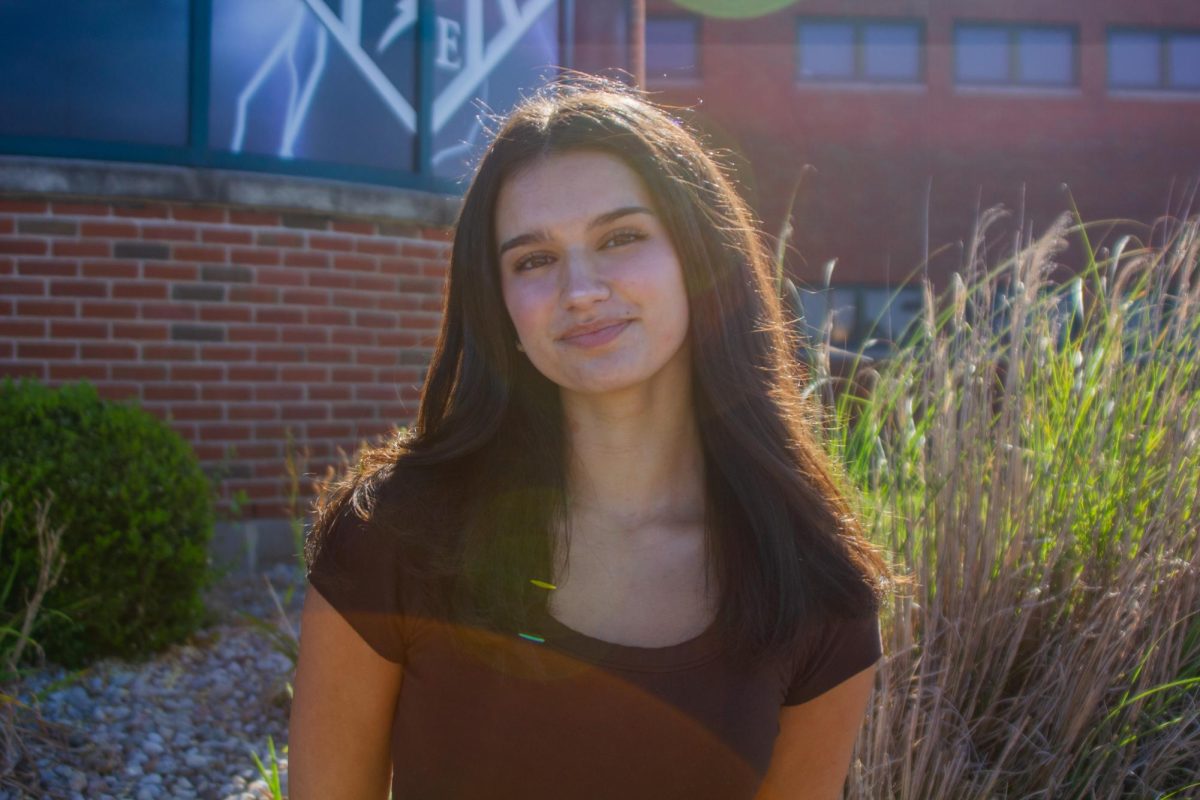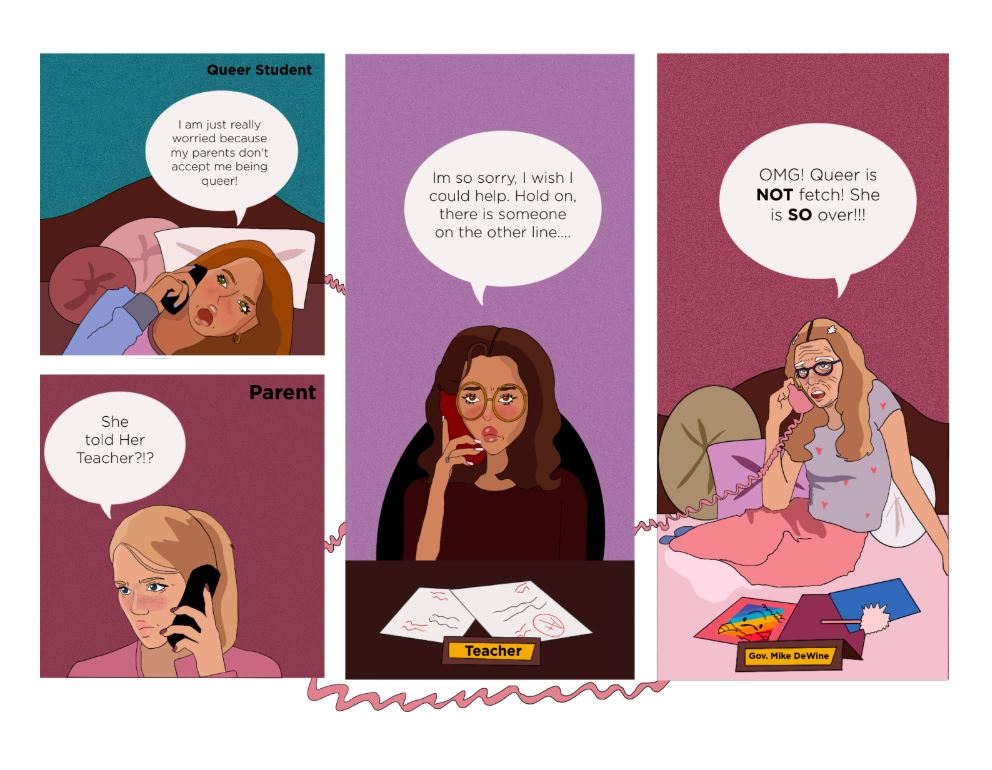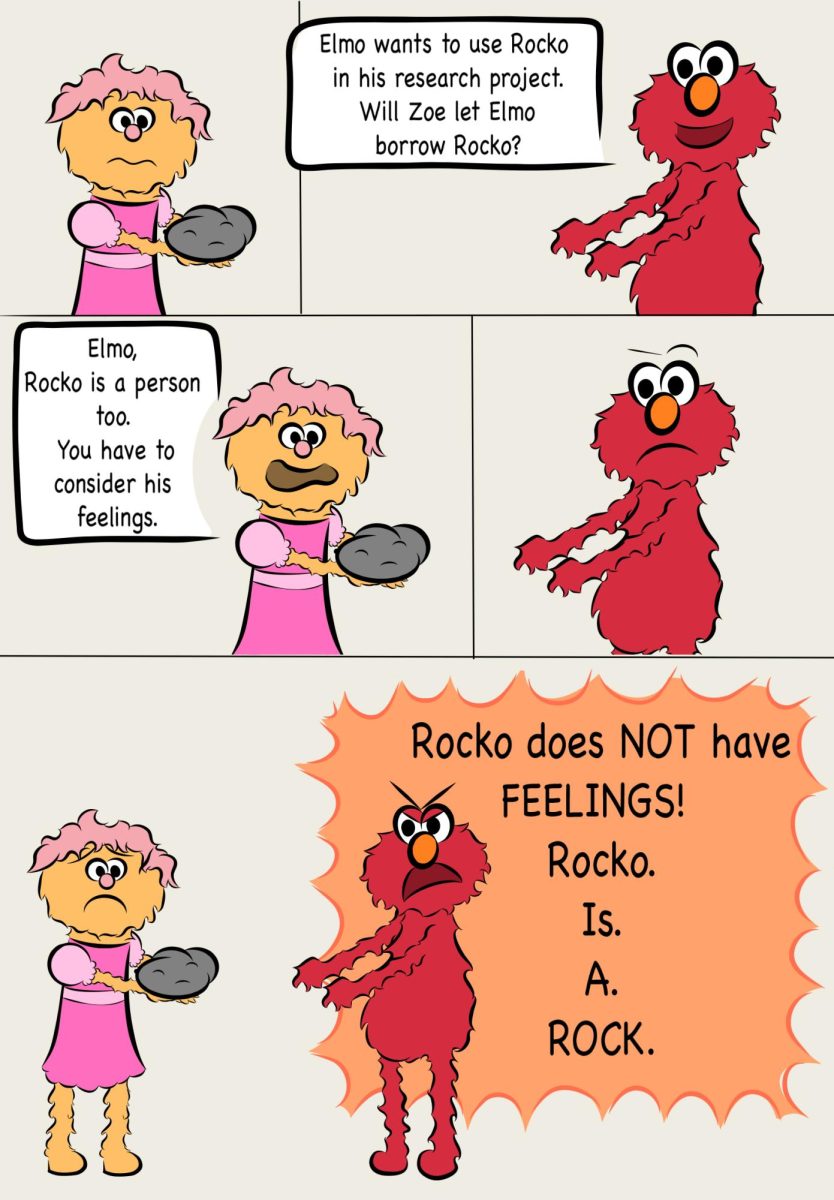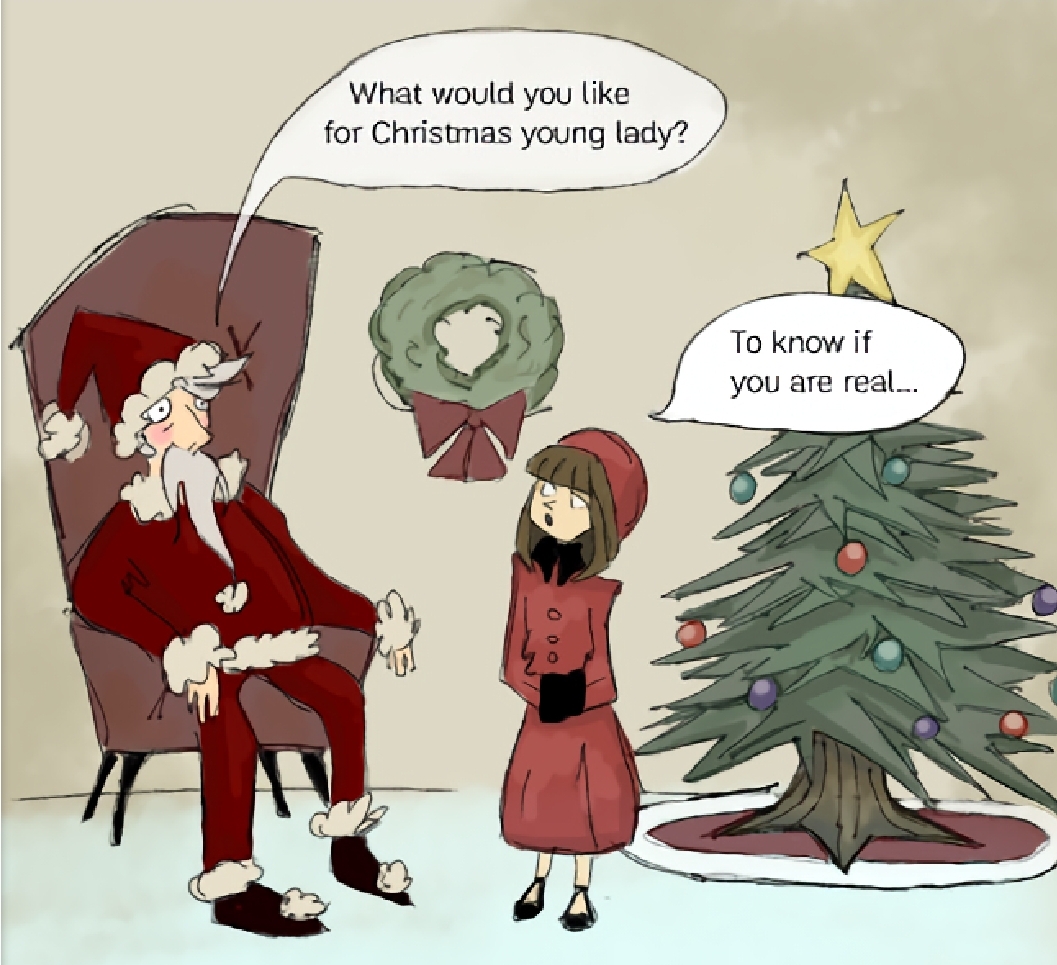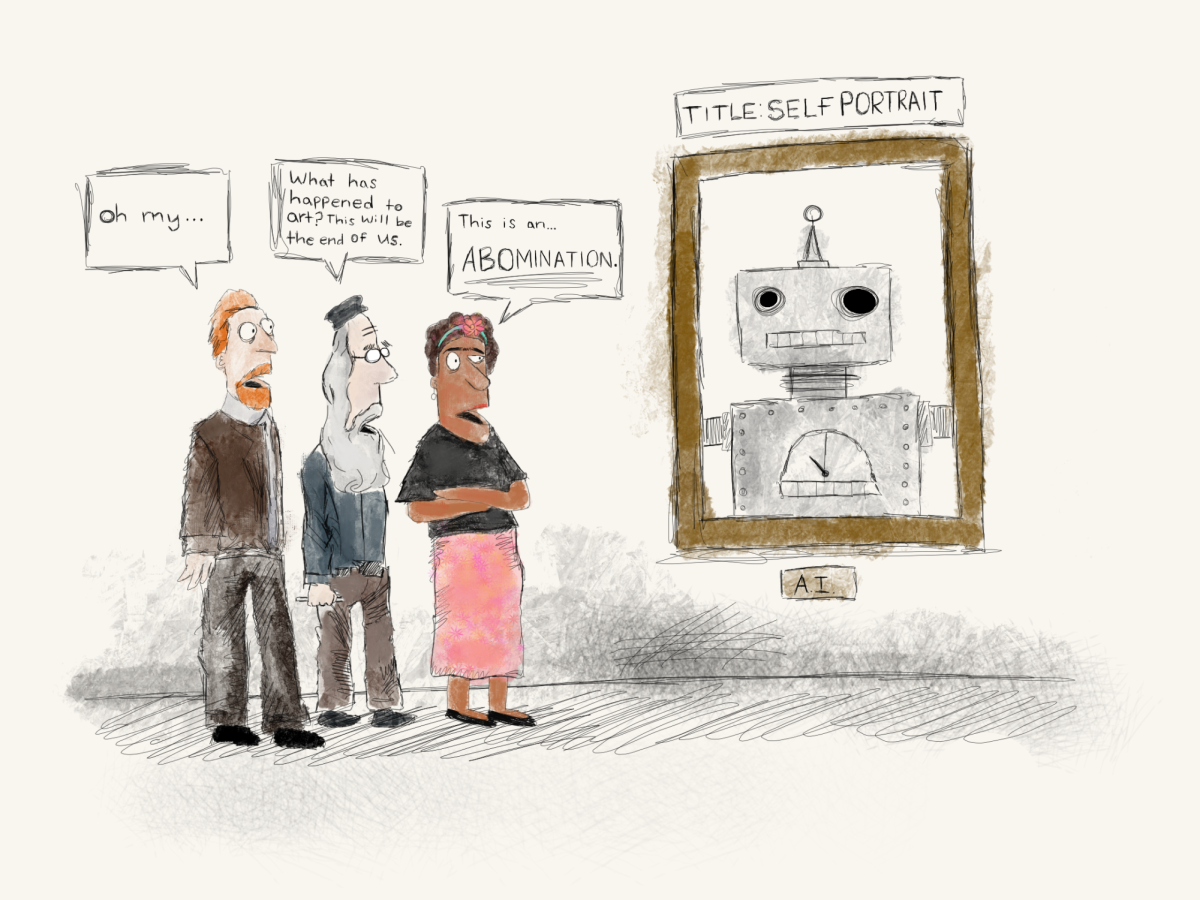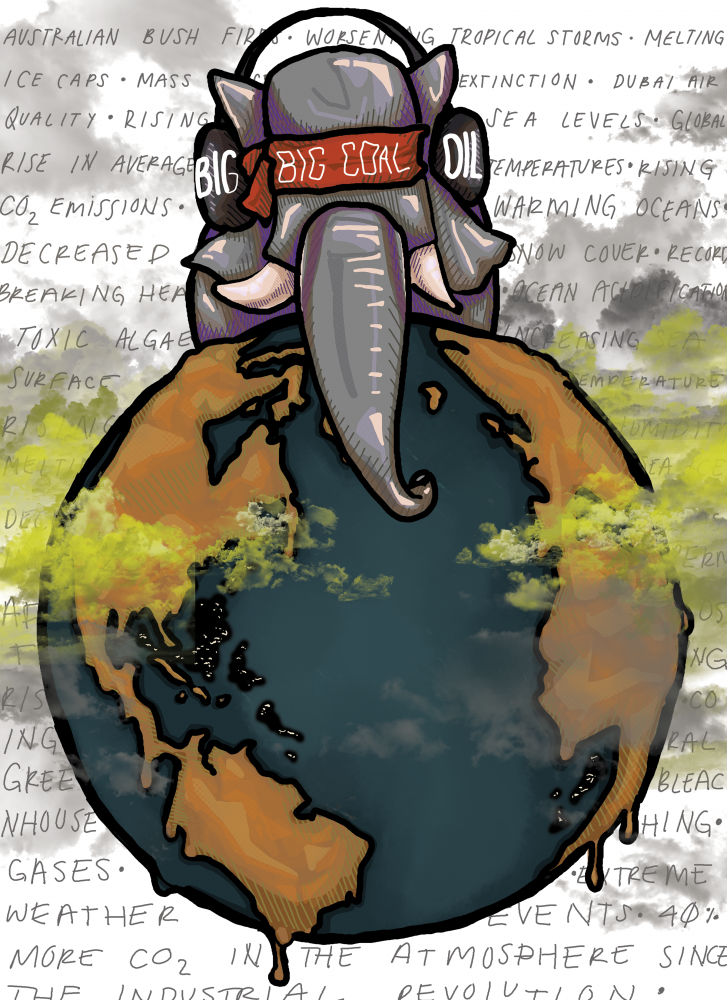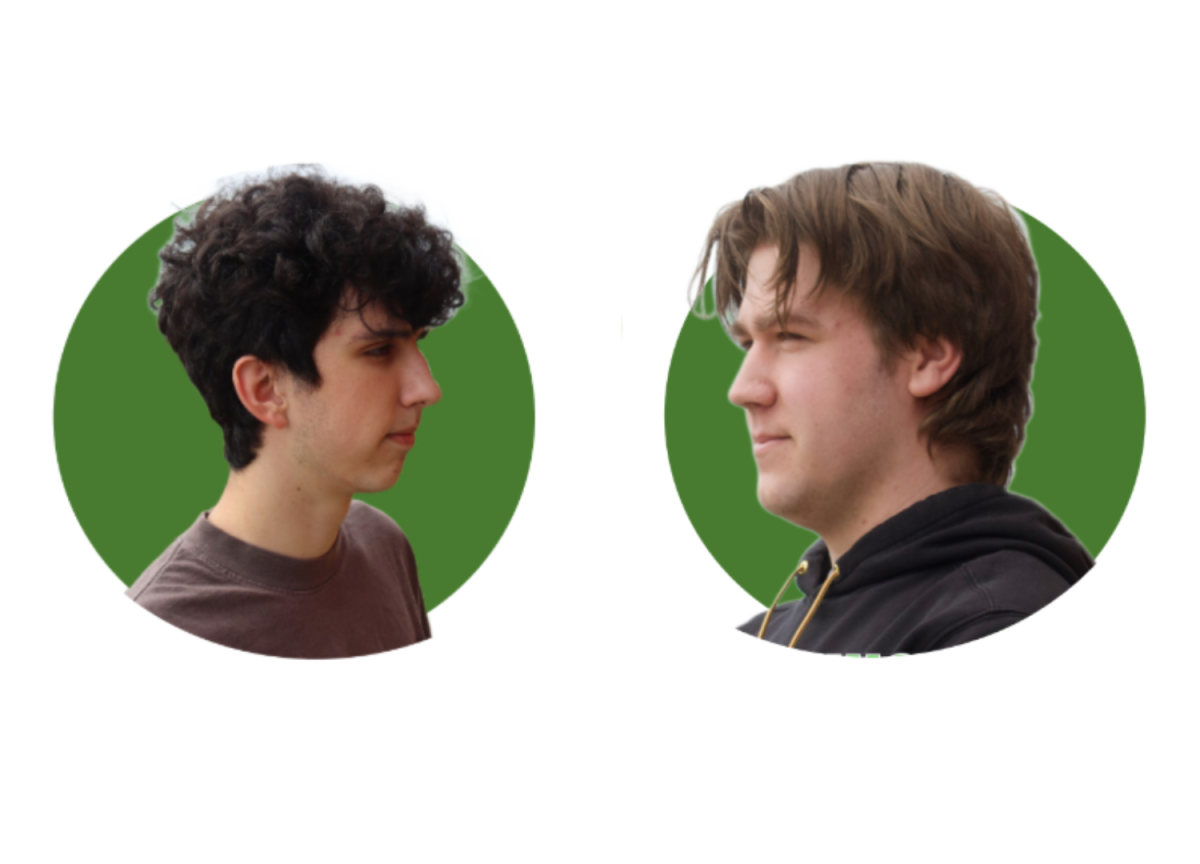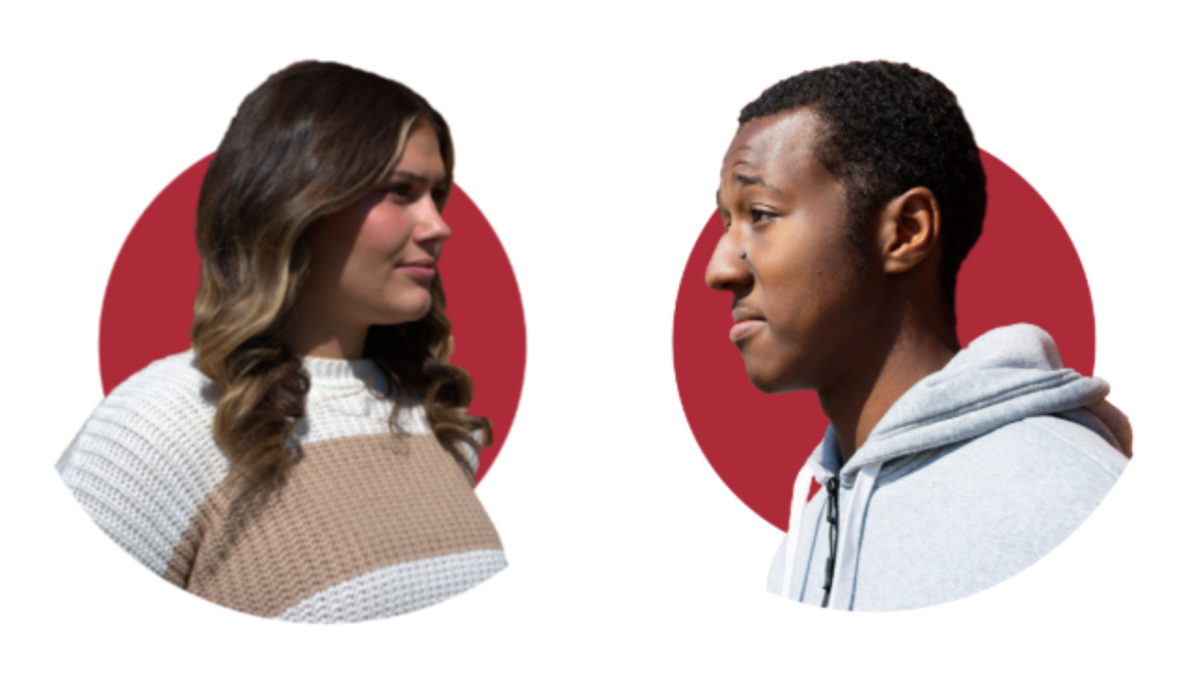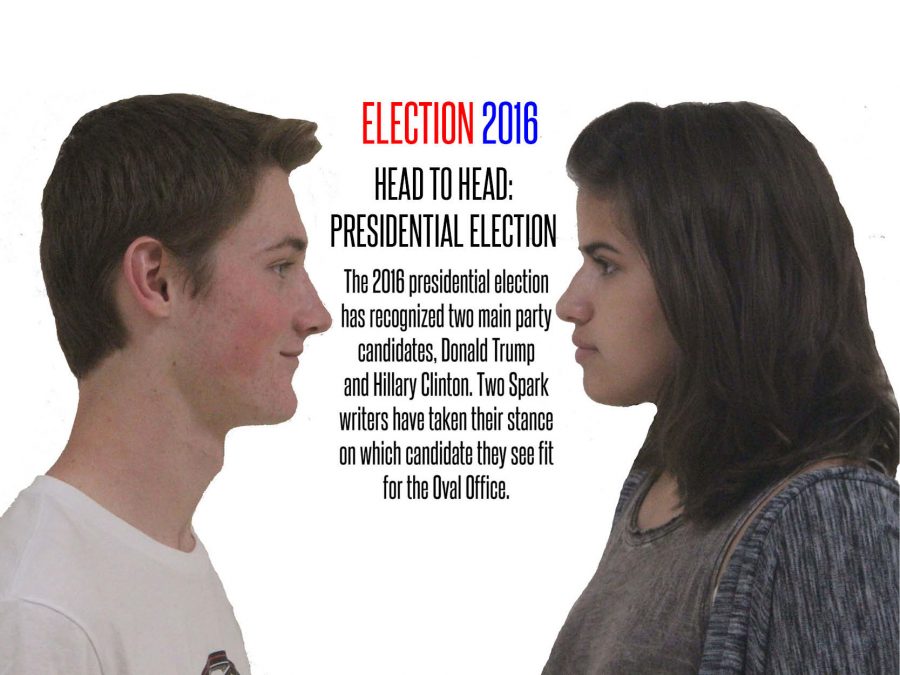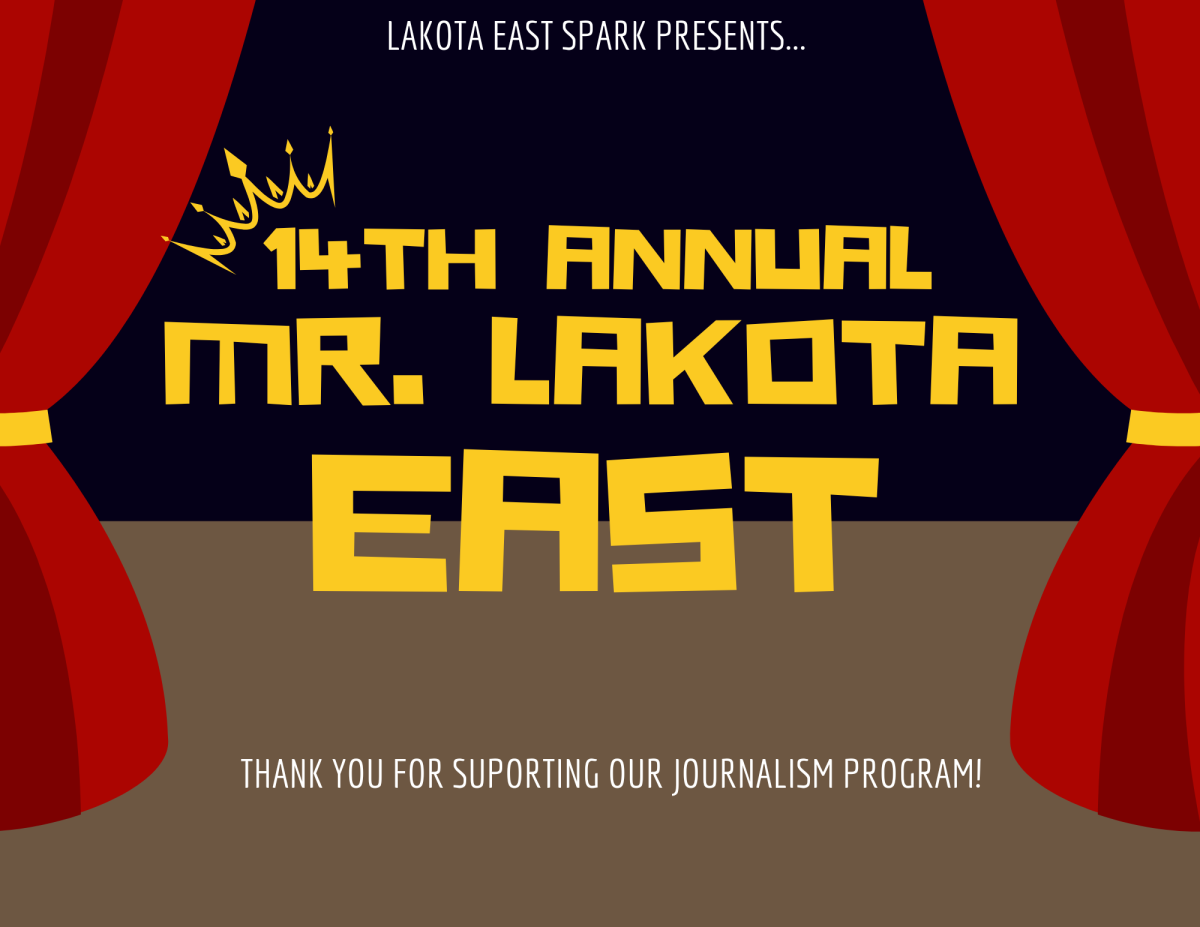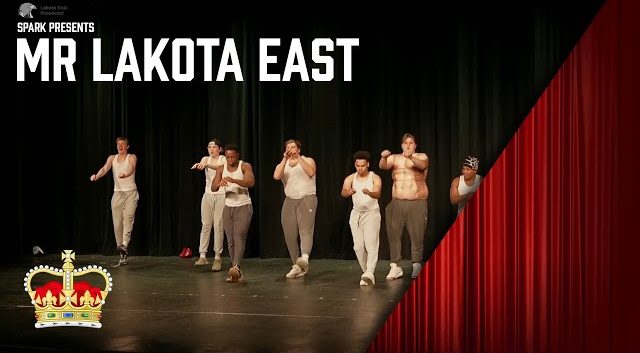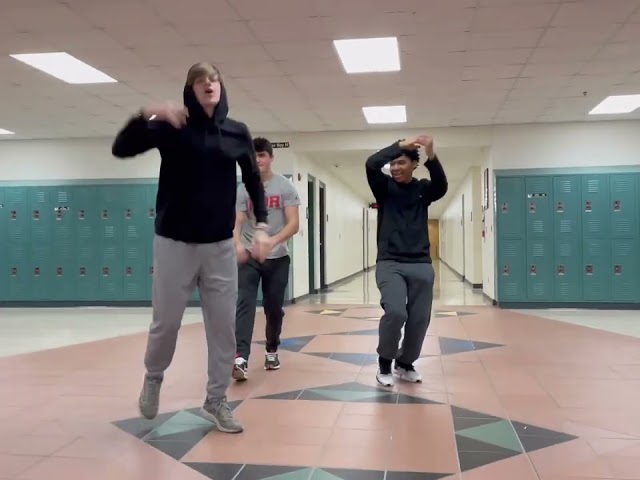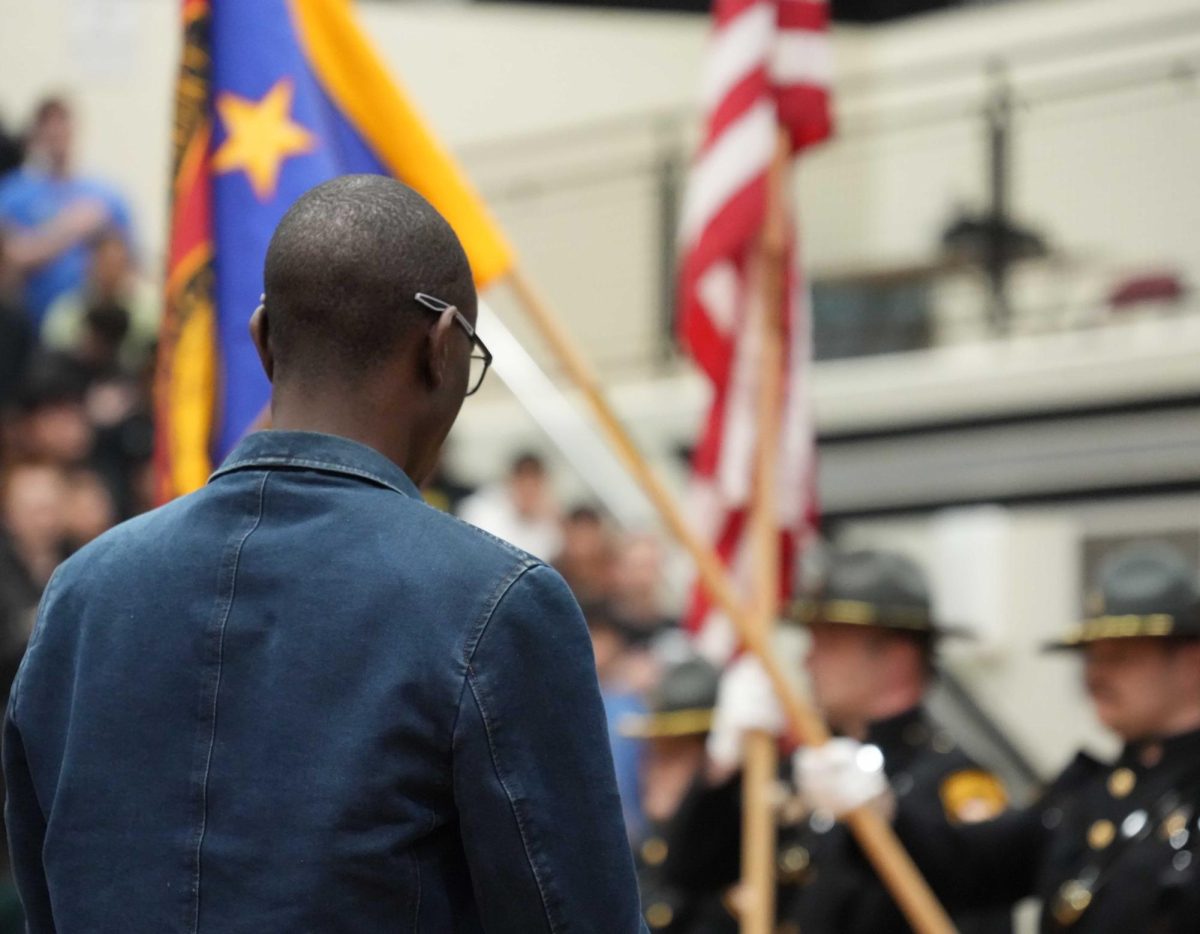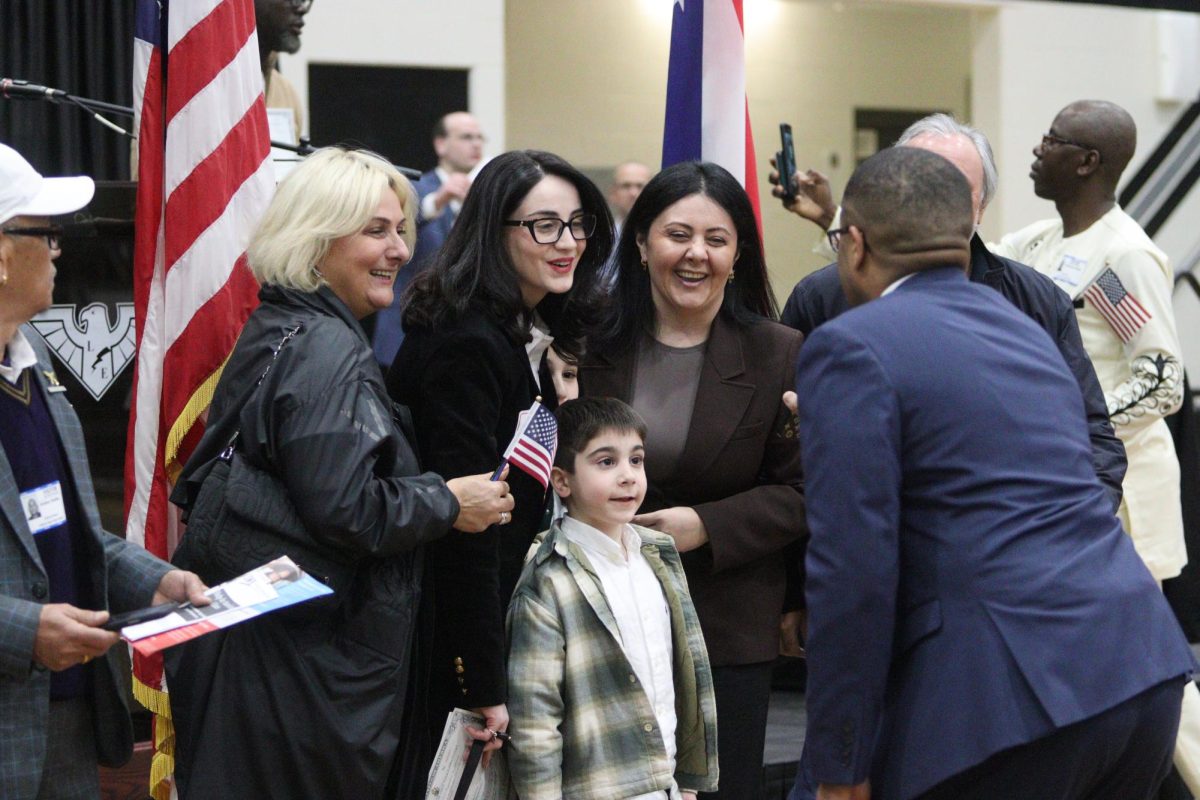The boisterous bass drum filled East main gym as hundreds of students, staff members, board officials, and city representatives collectively celebrated the naturalization of 46 applicants representing 27 different countries.
Naturalized at last year’s ceremony, Fidel Lopez stood to deliver a speech to the soon-to-be citizens. Lopez was open with the emotions he felt about giving a speech.
“I feel good and nervous at the same time, I got a flashback from how nervous I was last year; it’s all good now,” Lopez told Spark.
Naturalization is the process where an immigrant to the United States of America becomes a U.S. citizen. The process tends to take close to decades to go through, starting with being a green card holder. A green card is an identification card that gives the granted immigrant job security and a right to have a home indefinitely, according to the United States Citizenship and Immigration Services (USCIS) website, having a permanent residence card, or green card, allows the recipient to live and work in the United States indefinitely. Depending on the status of the immigrant, it can be an up to a 12-step process to be able to receive a green card.
To become a citizen of the United States, an immigrant must first be a green card holder for a minimum of five years. Following that, there is a five page list of requirements made by the USCIS which need to be met to become a naturalized citizen.
This is the third time the United States District Court Southern District of Ohio has held the ceremony at East, and each time Chief Judge Beth Buchanan has had a hand in the ceremony.
The ceremony was organized by East Instructional Aide Sally Barker.
Originally from England, Barker recalls her experience being naturalized herself and the importance of holding the ceremony at the school.
“I’ve gone through the process myself in 2001,” Barker told Spark. “I wanted to bring [the ceremony] back. It’s such an important thing for us to have here, and to be able to host it, and also for the students to be able to witness it.”
According to Barker, the ceremonies are incredibly elaborate to plan.
“We need a couple months before the actual ceremony as a team here at East and I start going through changes to the ceremony and making sure we know who is speaking,” said Barker.
Naturalization ceremonies are held monthly in different areas, and schools are often asked to hold the ceremonies.
“The school [naturalization ceremonies] are the best. The choir, the honor guard, you got so many students that can see what it means, and being in a place like Lakota East, when you have a very diverse student body, for a lot of your students, your parents have gone through the process,” said Clerk of Courts for Hamilton County Pavan Parikh.
Parikh has been involved in naturalization ceremonies for two years now and understands the impact they have, not only on the applicants themselves, but also their families.
“My first time in the federal court was in third grade when my parents were getting naturalized,” said Parikh.
The opportunities Parikh has been able to experience have built his immense appreciation for his citizenship in the US.
“I’ve been able to serve in elective office, to be able to serve in the military, to be able to go to the best schools in the world, and all that because I was fortunate enough to be born an American, because I think it’s one of the most truly special things we have in this world,” Parikh told Spark.
Immigrant from Mauritania, South Africa, Advou attended the ceremony to support his sister as she takes her oath to become an American.
“It’s good to be here with my sister, it’s so good for me to come support her,” Advou told Spark.
Soon after citizens are naturalized, they are encouraged to exercise their newly earned right to vote by completing a voter registration form. The League of Women Voters (LWV) often attend naturalization ceremonies at schools, and encourage American citizens to exercise their right to vote.
“I think the League of Women Voters does a good job of ensuring everyone going through this process is getting registered to vote,” said Parikh.
The LWV is an organization to help individuals in the United States register to vote. The LWV was initiated after the signing of the 19th Amendment that extended the right to vote to women.
“Because when the people get naturalized, they become eligible to vote in the United States, so we thought that it would be a great service,” said LWV volunteer Glenda Overholt. “As they get naturalized, they can immediately also register to vote.”
The LWV immediately handed out voter registration forms to naturalized citizens, and made sure the documents were filled out correctly as they were handed in.
The LWV’s mission is to encourage citizens to exercise the rights that they worked years to achieve.
Barker understands that there are a lot of specifics for newly naturalized citizens, and she hopes they can make that process as simple as possible.
“There’s just a lot for everyone to make sure that they get all the correct documentation into [U.S. Citizenship and Immigration Services],” said Barker. “Ultimately, there is a citizenship test that they all have to take.”
According to the Institute of Citizens and Scholars found that only one in three Americans can actually pass a multiple choice test consisting of items taken from the U.S. citizenship test, which has a passing score of 60.
“You’re given at least 100 civics questions, and you don’t know what you’re going to get asked,” said Barker.
Naturalized citizens spoke about the hard work that they all put in throughout the last decade that has allowed them to celebrate citizenship with their friends and families.


